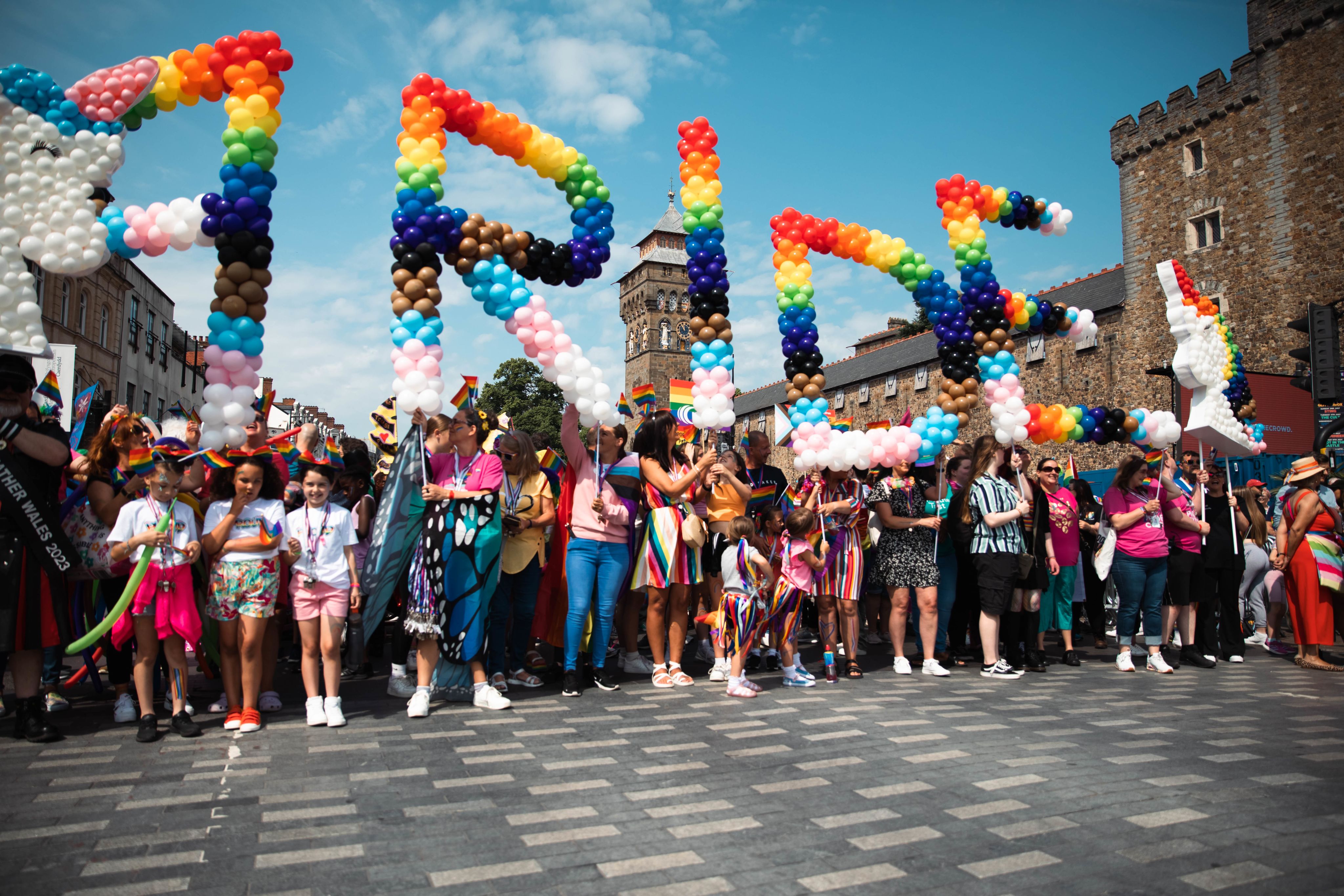Acceptance
Individuals within the LGBTQ+ community express the significance of acceptance to them.
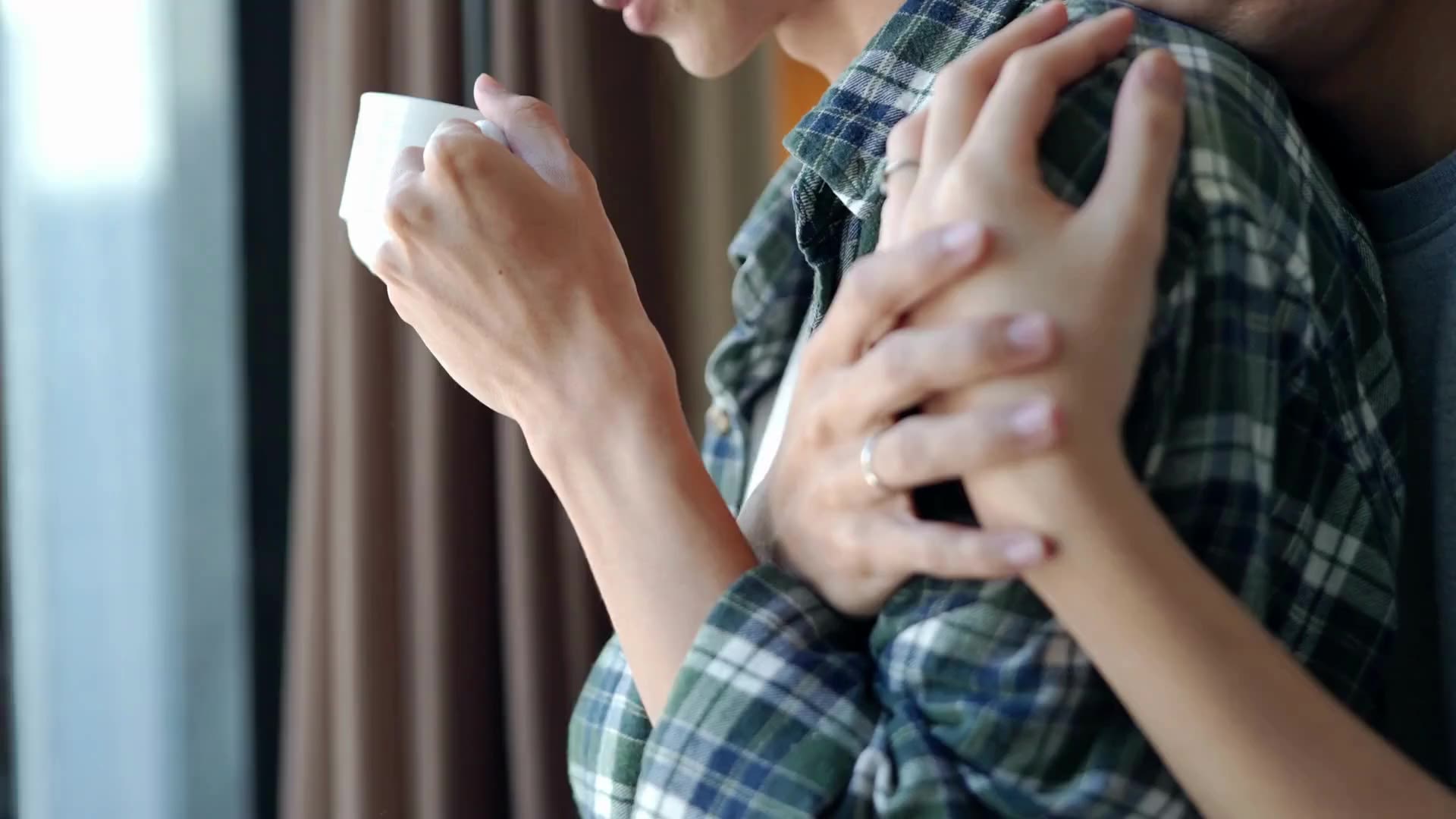
Homosexuality was decriminalized 50 years ago in the UK. Same-sex marriage has been legal in England and Wales since March 2014, Scotland since December 2015, and Northern Ireland since January 2020.
Do we fully embrace the LGBTQ+ community in our society? And what about the rest of the world?
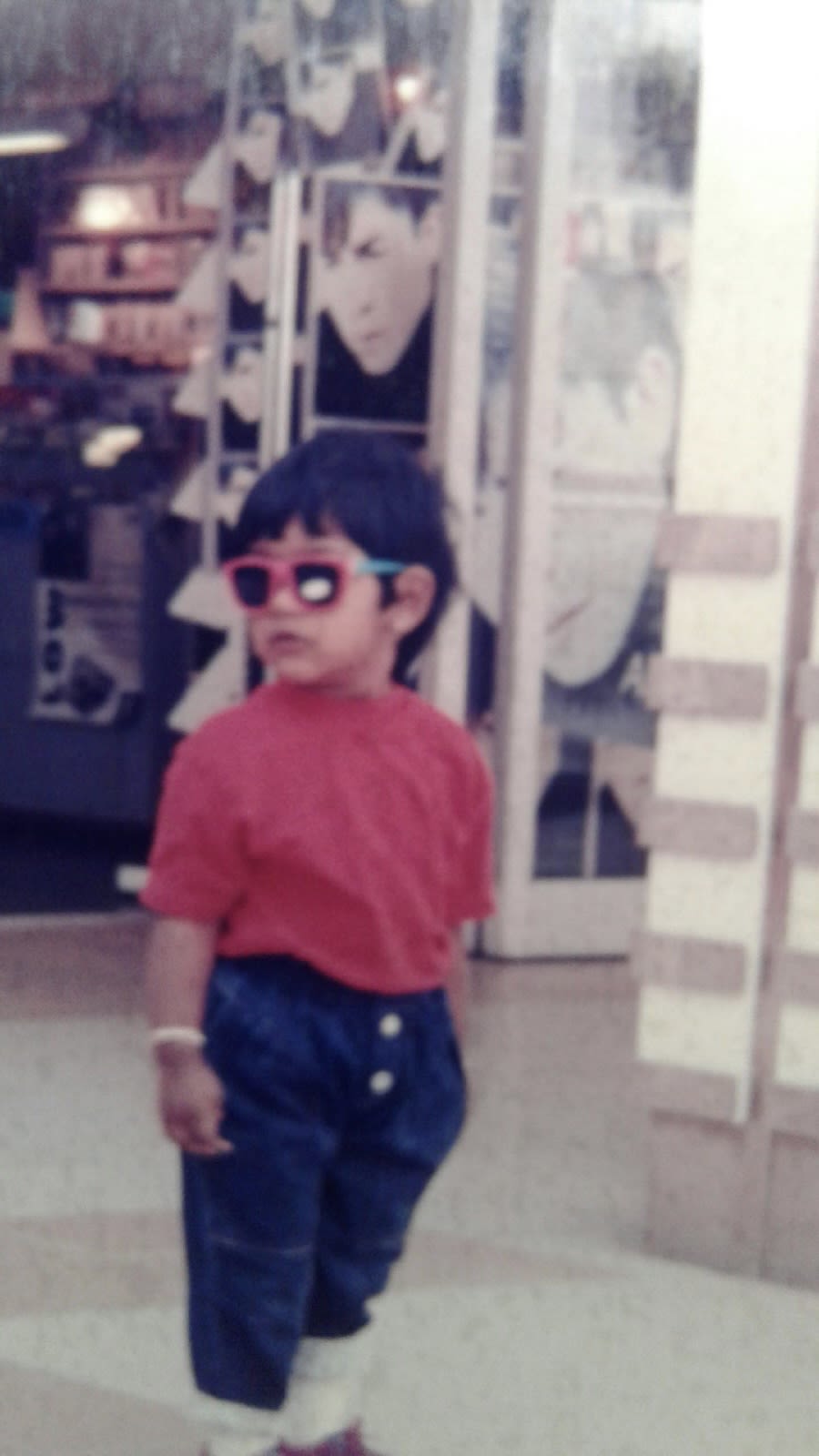
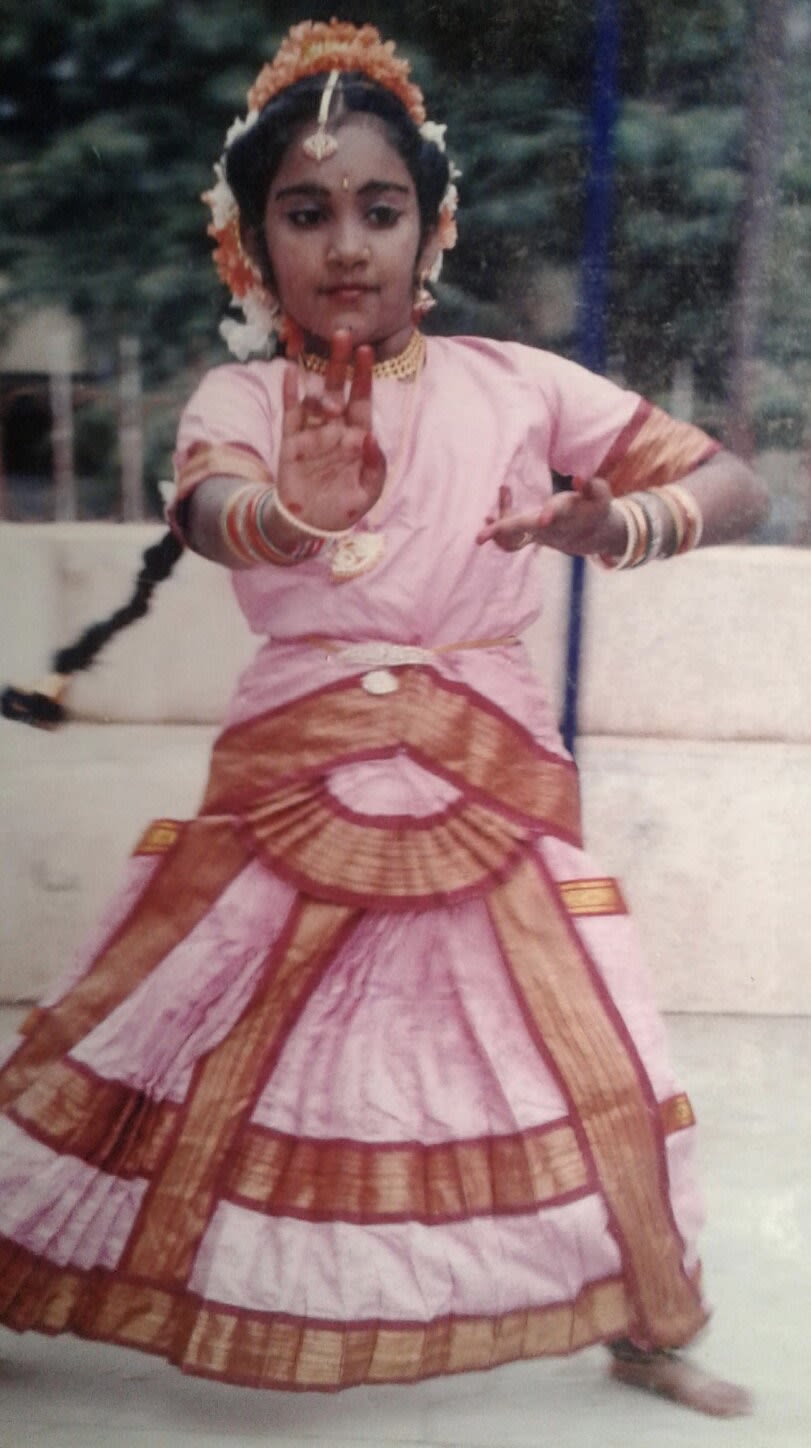
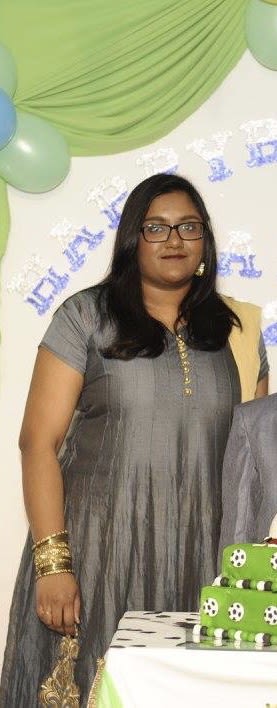
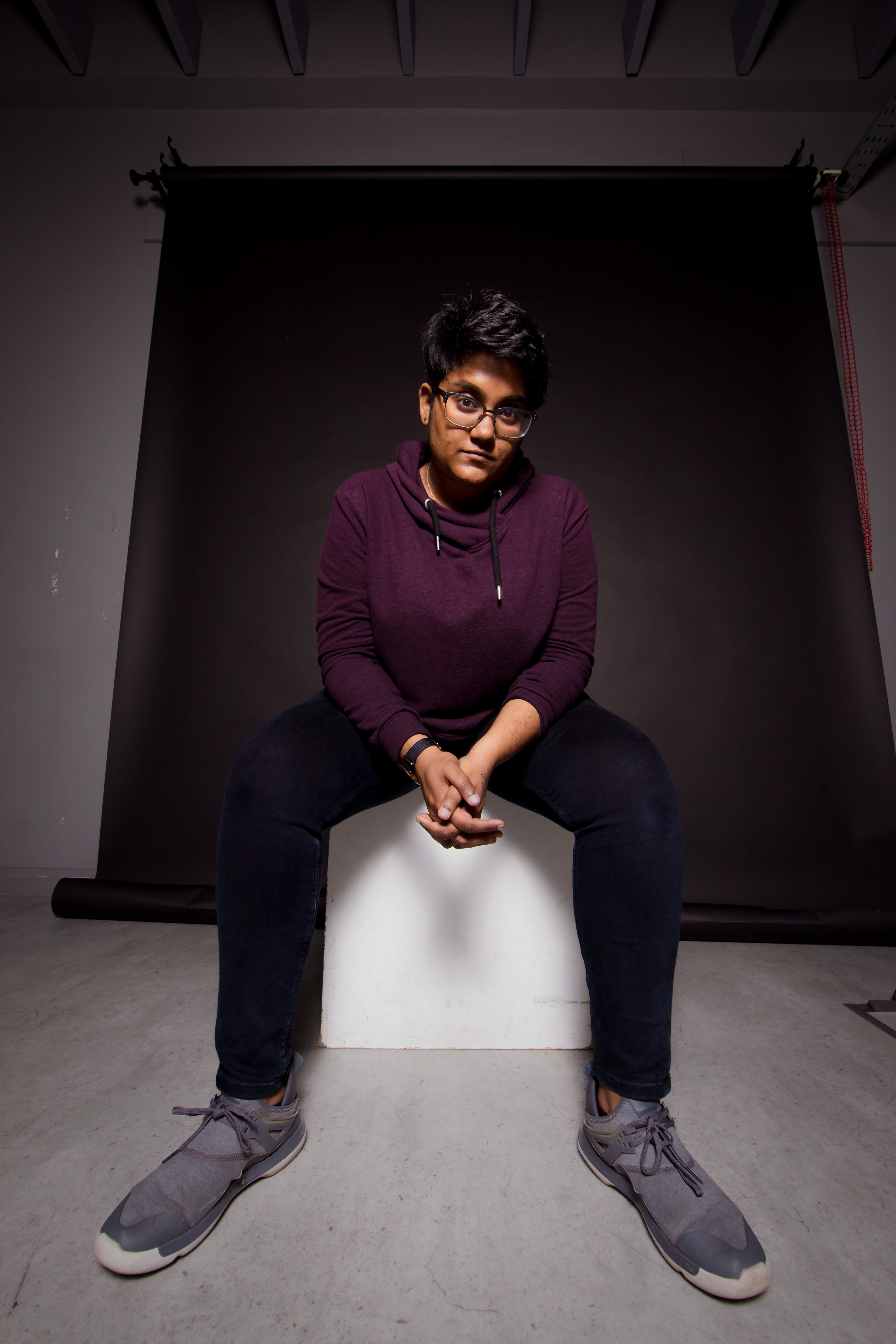
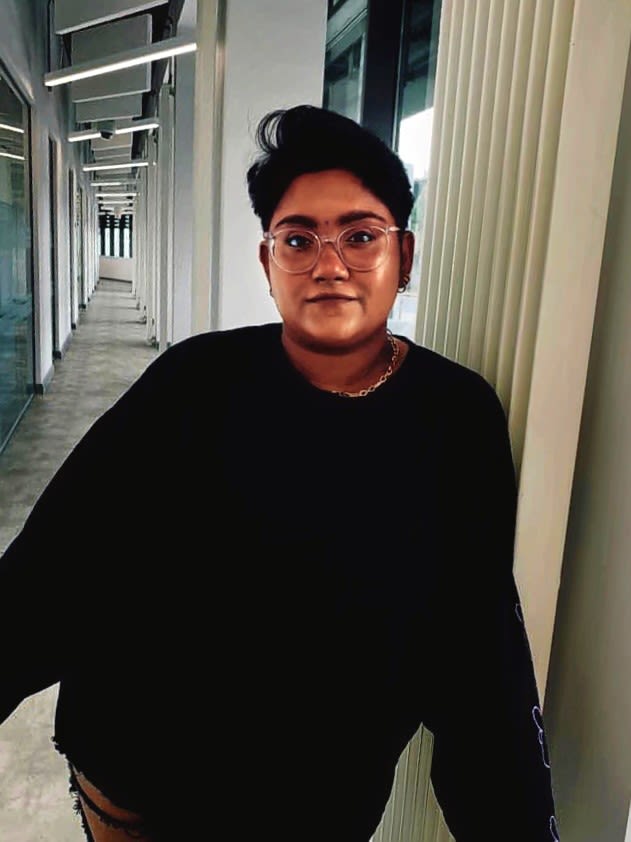
Despite knowing that I was attracted to multiple genders and did not entirely identify as a woman from a young age, it took me thirty years to fully accept myself. This was due to growing up in a society where conforming to societal norms was prioritised over living authentically for oneself.
My name is Aarthy Balaganesh. I am a first-generation Norwegian, born to Sri Lankan Tamil parents and primarily raised in India. I am currently 32 years old and identify as bisexual. My preferred pronouns are she/her/they/them, and I am still exploring my sexuality and gender identity.
I was raised in a culturally conservative Hindu household that values contributing to society. Within this community, there are deadlines for significant life events, including graduating from high school by age 18, completing university studies by age 22, finding employment immediately after graduation, getting married in the mid-twenties, having a child within a year, and having another child before turning 30. This cycle is then passed on to the next generation. I wanted to break this cycle from a young age, and I never agreed and fit in with these societal norms.
I recently realised that I was attracted to more than one gender since my pre-teens, but I brushed it off and didn't say a single word to anyone. Sex education was never part of the educational curriculum back in the early 2000s in India or was shunned. I remember teachers skipping those lessons in biology and being asked to self-teach. Since conversing about sex was out of reach, being non-monosexual was a definite no-go.
I moved back to Norway in my early twenties after graduating with a bachelor's degree in aeronautical engineering. Honestly, I struggled a lot, so I did some temp jobs and volunteer work. When I was in my mid-20s, my life reached a breaking point. I was arranged to be engaged to a stranger, and it took me six months to finally break off the engagement. As a result, I became estranged from most of my extended family members by choice and began a period of soul searching. At the time, I was in denial about my attraction to more than just the opposite sex. However, I dressed more comfortably the following year and cut my hair short, which my parents were against it. I felt I was genuinely being myself for the first time in over 25 years. I came out to my younger brother, who surprisingly was supportive and seemed unbothered. But I was not proud that I am bisexual.
Moving to Cardiff, a year after the revelation, to a flat with two gay men, a bisexual woman and a transgender pansexual man, opened doors to explore me as a person whilst pursuing a degree in Photojournalism. My first narrative project was A Day in the Life of a Drag Queen at The Golden Cross pub, which opened up my view on dragged performers and the gay scene in general. Now, I am one of the photographers who gets asked if I would cover Pride events throughout Cardiff. The 15-year-old me wouldn't have ever imagined I would do that.
I came out to my mother on my 31st birthday. She was in denial and said it was a phase. I was not seeing anyone at that time. She said, "If you are not dating a woman, what is the point of you coming out?". Our relationship became quite rough. We reunited after a decade of being away from each other six months ago. She seems to accept me for who I am, but I hesitate to ask that question.
I didn't come out to every single person in my life; I just started openly dating people and having conversations with my peers. "Why should I come out?" is what I thought. Who I am attracted to is no one's business if it is not affecting them directly.
Surely, I am not the only one who went through this. So, I asked people to share their stories.
“The UK has allowed me to be more free and independent. I can do everything alone and not depend on my family’s wealth. I could live my own life, rent my place, pay my bills, and I don’t have anyone to tell me to come back home before sunset”.
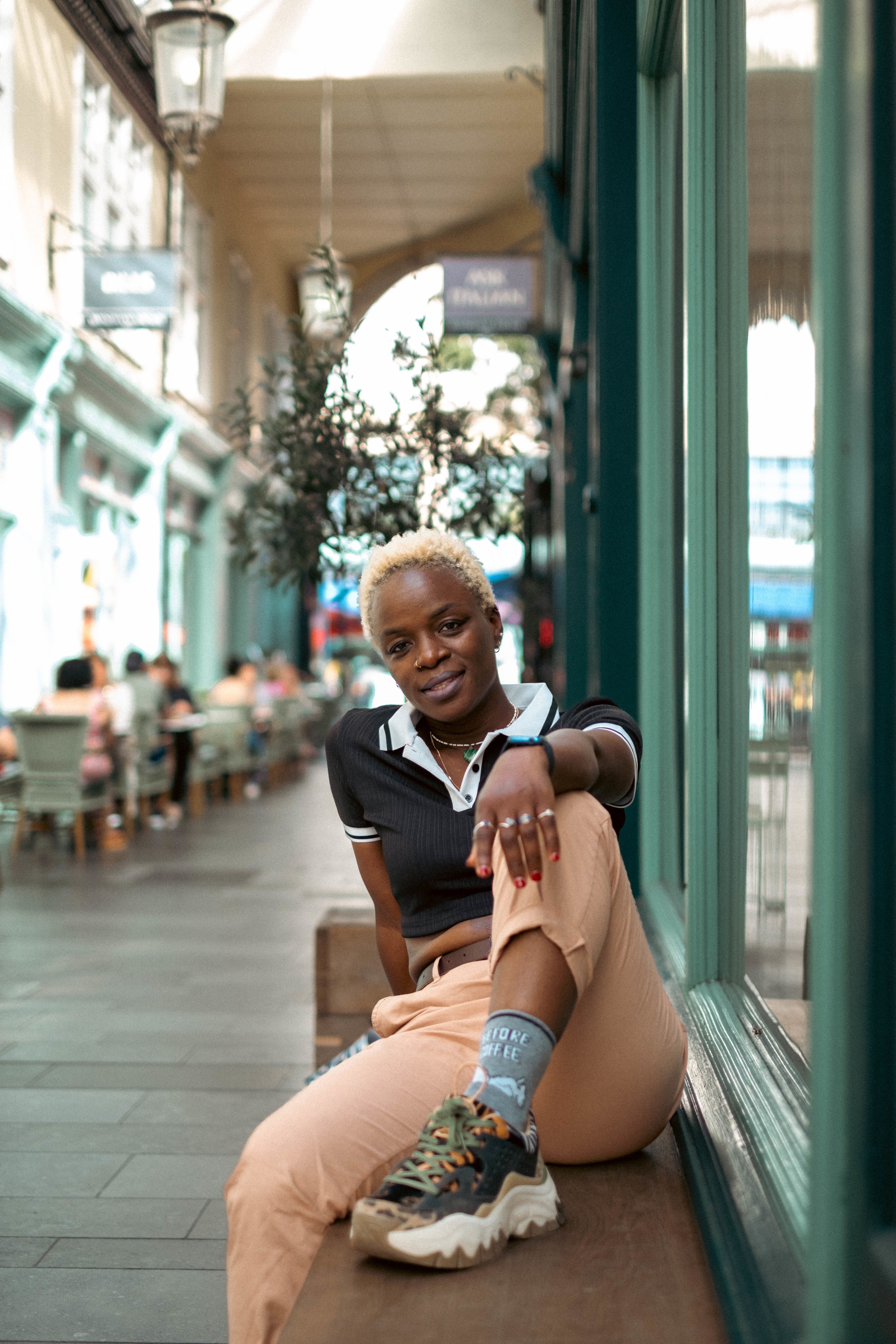
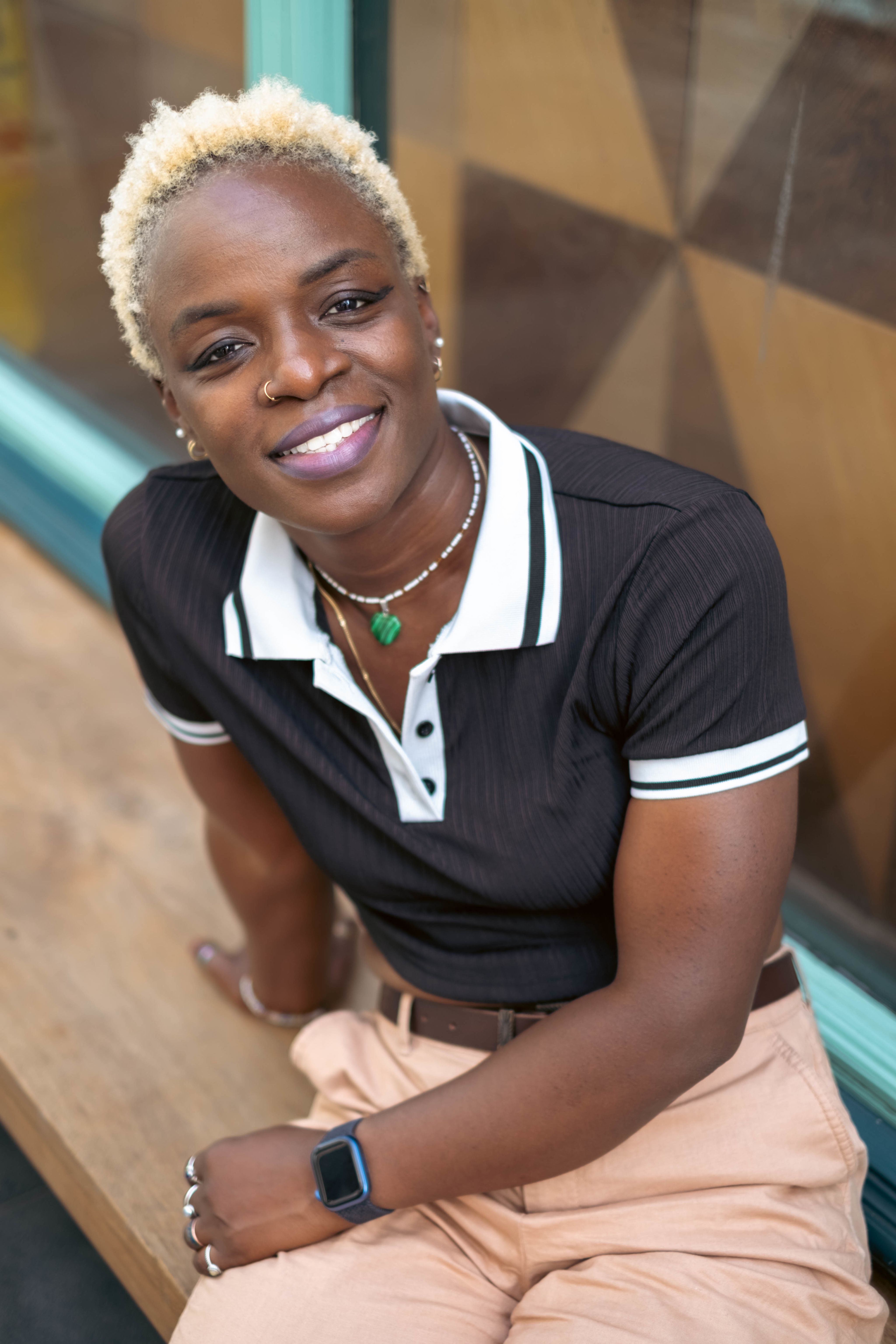
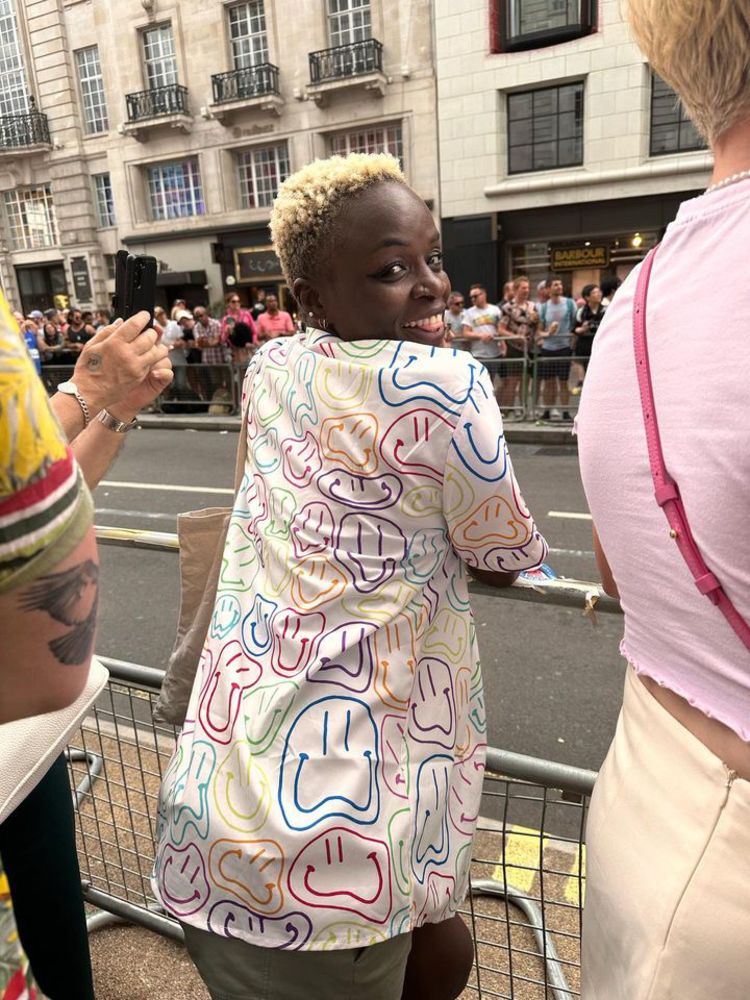
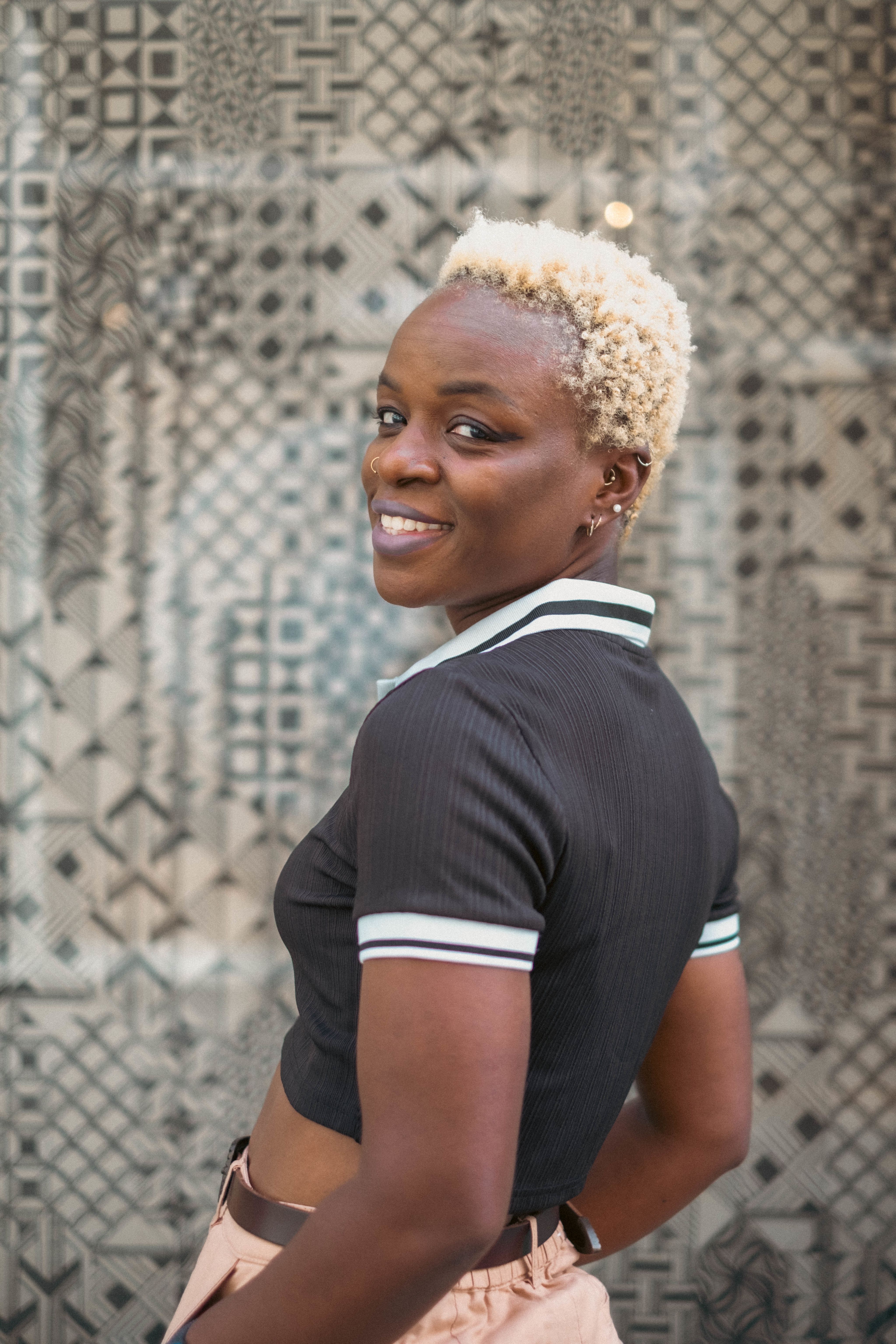
According to Anita, accepting oneself is the key to acceptance in any form. It took her some time to understand her true identity, especially since she grew up in a religious household where her father was a follower of Islam and her aunt took her to church every Sunday as a Christian.
Anita is a Nigerian who identifies as a lesbian. She moved to the UK to pursue a master’s. Coming from a family of two faiths, namely Islam and Christianity, her family members were against her moving to the UK purely because of the Westernised culture.
She came out to her father first while he was in the UK. Initially, he thought Anita was joking. She hasn’t spoken to him in four years now.
Living in the UK has made Anita explore her sexuality. In Nigeria, one will be imprisoned for at least 14 years if you practice homosexuality. She says in the UK, more people, not everyone, will defend you if you face discrimination based on sexual orientation, whereas not in Nigeria - “even the police will take part in beating you”. The UK Government has given her asylum to lead and restart her life, but her family, who are wealthy, is not happy that she has made that decision.
Anita loves attending Pride and other LGBTQ+ events, whereas one cannot wear anything rainbow back in Nigeria. Most of her friends, who identify as lesbians, marry a man and still seek a relationship outside of marriage.
Her first ever attraction to someone from the same gender was her science teacher during her preteens. She said she was so annoyed that the science teacher got married. She laughingly said she understood now why. Her first relationship was with the girl in her late teens. She enjoyed being with her, and that’s when she knew she was attracted to women. Before moving to the UK, she was in a relationship with a guy. She did not enjoy the kiss with him and was not sexually attracted.
Following Christianity and Islam, It took her a while to accept herself as she thought she was a sinner.
“I would tell my younger self to be a lot stronger, love myself more and put myself before everything”.
In Nigeria, engaging in same-sex sexual activity is illegal according to the Criminal Code Act and the Same-Sex Marriage (Prohibition) Act 2013 (SSMPA). These laws prohibit acts such as 'carnal knowledge against the order of nature', 'gross indecency', same-sex unions, and LGBT advocacy. They can result in a maximum sentence of fourteen years imprisonment. These laws apply to both men and women. Sharia law at the state level also criminalizes same-sex sexual activity, with the maximum punishment being death by stoning. Additionally, transgender individuals may also face prosecution under state-level Sharia laws, which can add to the potential legal consequences of engaging in same-sex activity.
During Nigeria's colonial period, British laws were imposed on the country, including criminalizing "carnal knowledge against the order of nature" and "gross indecency." These laws were retained after independence and further strengthened with adopting the SSMPA in 2013, which criminalizes LGBT individuals. Additionally, some northern states interpret Sharia law to criminalize same-sex sexual activity.
Source: Human Dignity Trust

“Acceptance to me is being able to do stuff like any heterosexual couple, like holding hands and kissing in public… and not have to worry if I am going to get a black eye.”
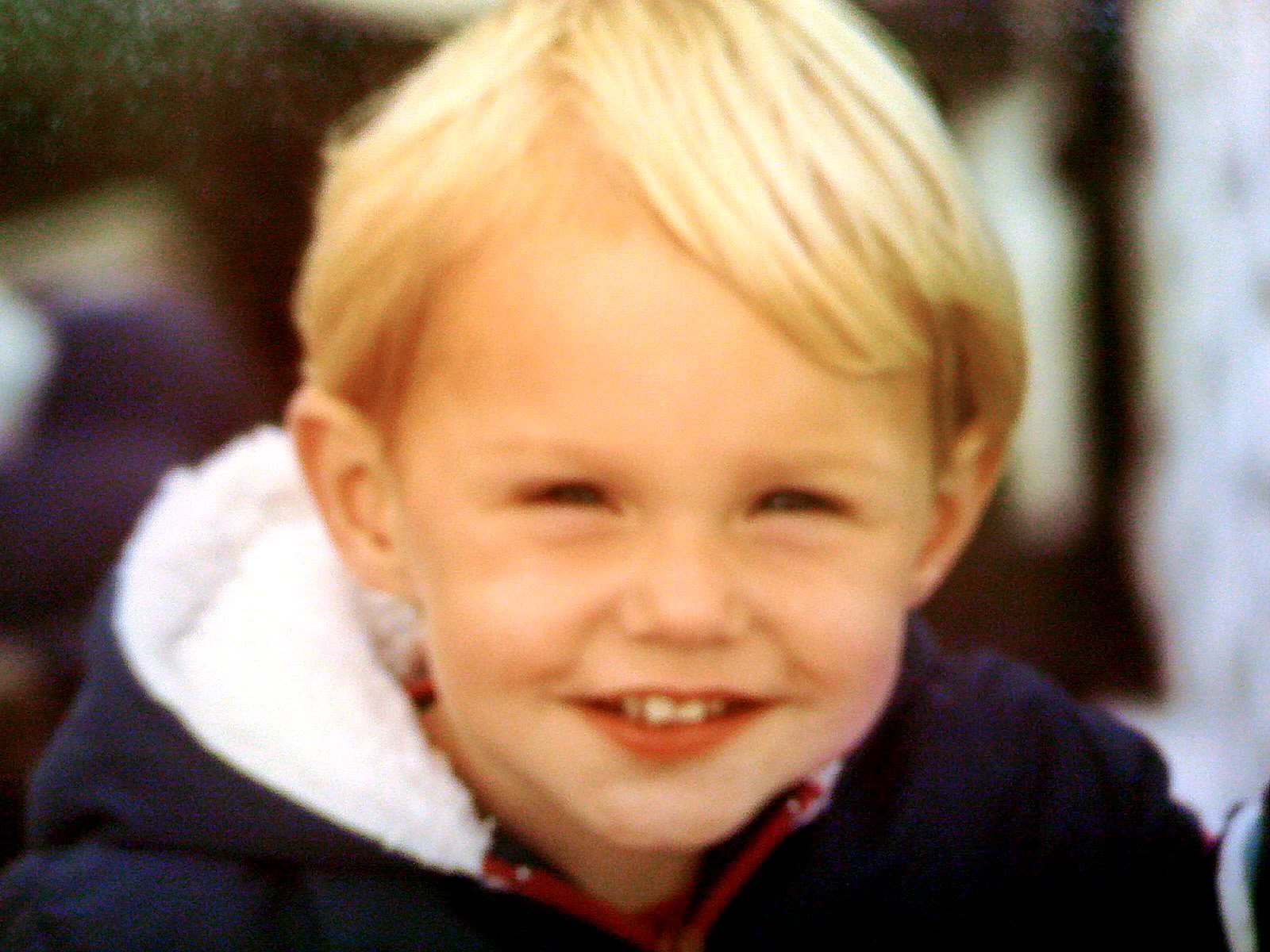
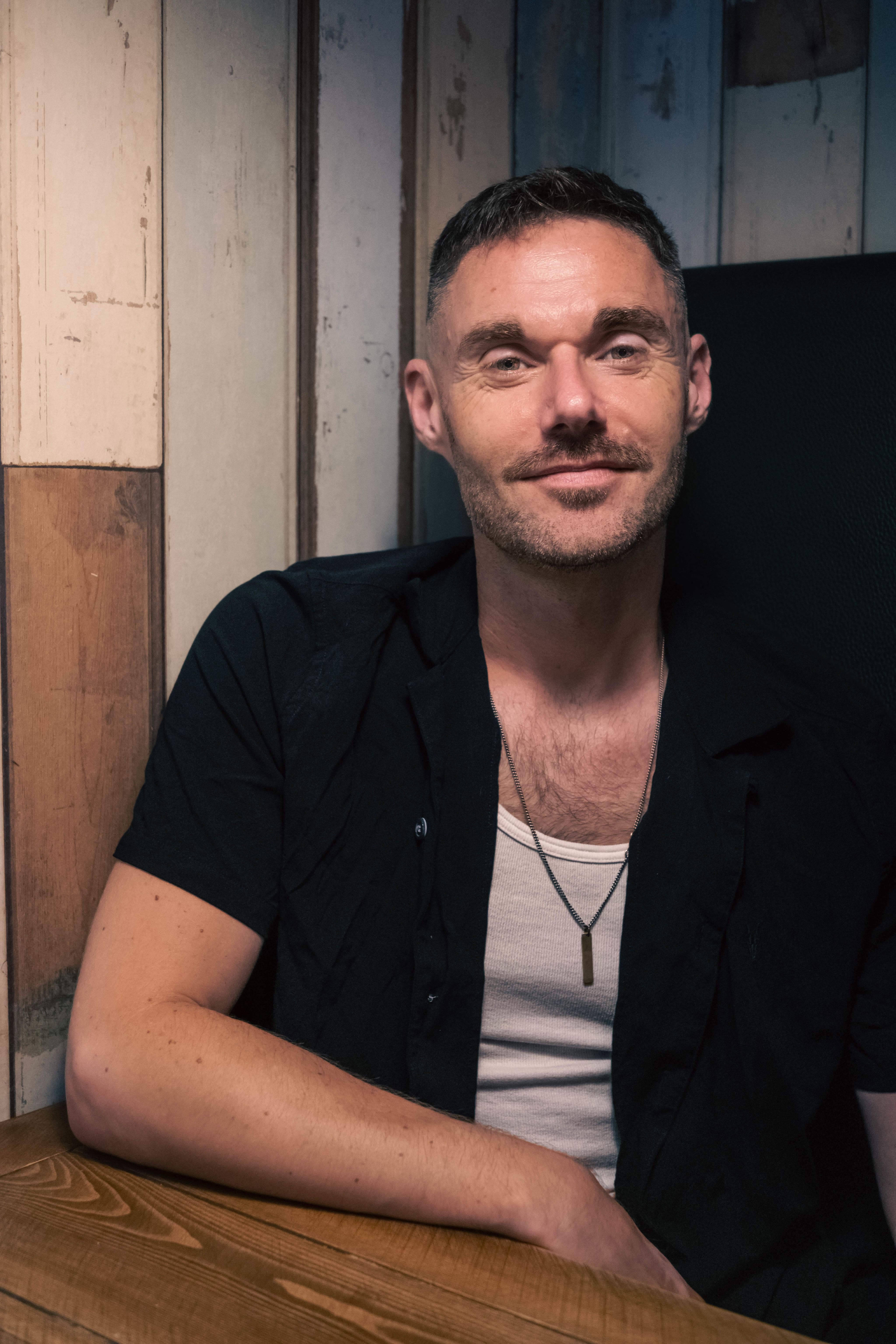
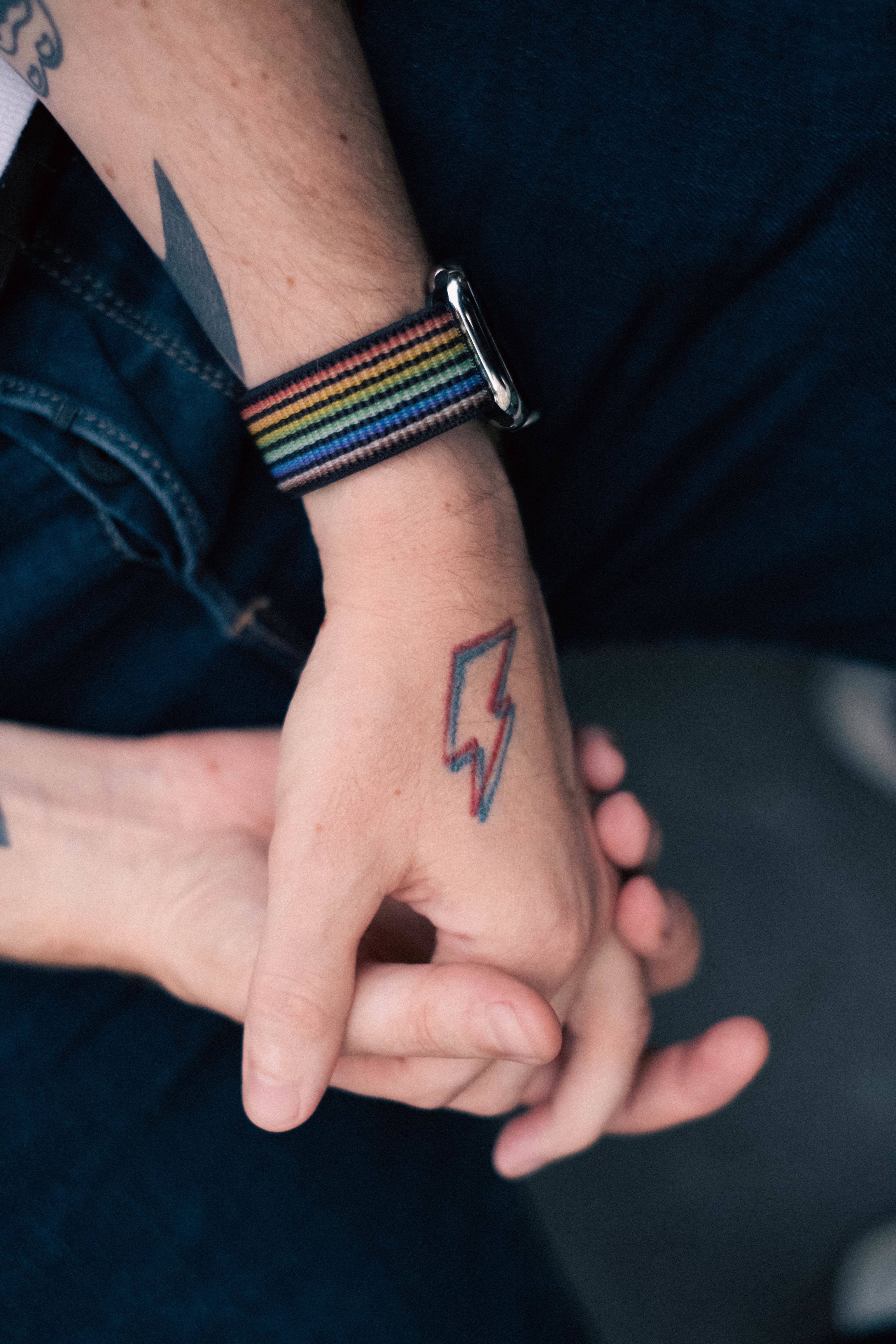
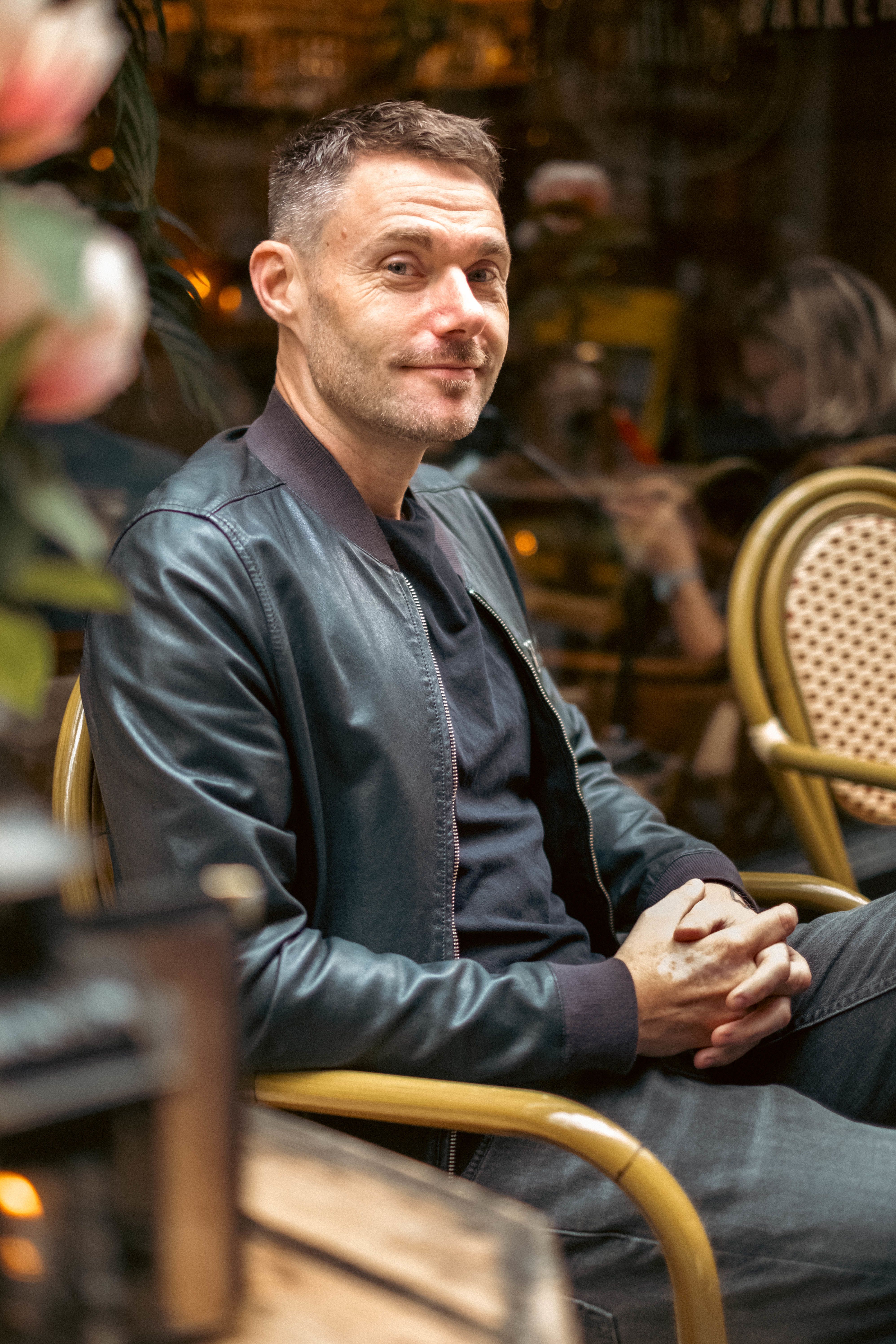
Tim identifies as a bisexual - who is more attracted to men than women. “I am 5 on the Kinsey Scale”. He was born and raised near Heathrow and has lived in Cardiff for nine years.
He came out to his folks ten years ago, in his mid-thirties. Up until this point, he predominantly dated women. He identified as straight even when in a relationship with a man for a few months and had a one-off fling right before the secret relationship. It took his folks a while to get around the fact that he is bi.
Tim considers himself lucky as he has never experienced homophobia since he came out, apart from the ‘look’ once in a while.
"During the early 2010s, people were more accepting of others. However, over the past decade, it feels like we have taken a step back regarding acceptance." Tim is thankful that Cardiff is more accepting of same-sex couples holding hands. As he prepares to move to London, he recognizes that specific neighbourhoods are more accepting than others. Nevertheless, he would hesitate to engage in public displays of affection in some parts of the city.
“Something that was interesting to me was when people say ‘You must have known’. I always say no, I didn’t… Part of me wishes I knew when I was younger so I could have possibly had the best queer life in my 20s. But I didn’t know until I had that opportunity in my mid-thirties. What needs to happen happened in time. Because 20 years ago, I couldn’t have had my best queer life because it was less accepting then.”
Looking back on the past ten years, he wished he had done some things differently. Tim is glad it happened when it happened, making him more acceptable as a gay/bisexual man. “I love that about me and wouldn’t change that for the world”.
Tim and his former partner were advised by their mortgage advisor to either get married or obtain a civil partnership after purchasing a house. The reason behind this suggestion was that, according to the law, the couple appeared to be two friends who bought a house together. In case of a mishap, the surviving partner would have to spend a considerable amount of money to acquire ownership of the property. However, this is not the case for a heterosexual couple. If the boyfriend passes away, the girlfriend automatically becomes the owner of the house, even if they were not married.
Tim believes that there are people who still think bisexual men don’t exist. When coming out to one of his then-best friends, they said “so you are gay’. Tim repeated he is bi. But they replied that no girl would ever take him back, now that he have had sex with a man”. “Just because someone is in a relationship with a man and finds the opposite sex still attractive doesn’t mean I am gay. I am monogamous. I will not sleep with a woman while in a relationship with a man to prove that I am bisexual.”
The Kinsey Scale
The Kinsey Scale changed how we think about sexual attraction.
“Further, he wanted to end the concept of homosexual and heterosexual identities and instead focus on sexual behaviours.” In a time of extreme stigmatization of LGBTQ+ people before Stonewall, Dr. Kinsey's groundbreaking findings changed our cultural understanding of sexuality.
The Kinsey Scale wasn’t perfect.
Although the Kinsey Scale was groundbreaking when it was introduced, our comprehension of gender and sexuality has grown more comprehensive in recent times. The Kinsey Scale is based on the male/female gender dichotomy, but we now recognize that there are more gender identities beyond the binary.
The Kinsey Scale has limitations as it fails to consider asexual individuals who do not experience sexual attraction. Although there is a category labeled "X" in the original version of the scale for individuals who have never had sexual experiences, it is not the same as being asexual. To address these issues, Dr. Yarber explains that the Kinsey Institute has conducted thorough research on gender and sexuality, including graysexuality. Additionally, the Kinsey Scale has been revised over 200 times, with asexuality being incorporated into the scale.
Is the Kinsey Scale still relevant?
Thanks to Dr. Kinsey and the Kinsey Scale, sex education is no longer in the shadows. We now understand that a healthy sex life is essential for overall wellbeing.
Source: Dame
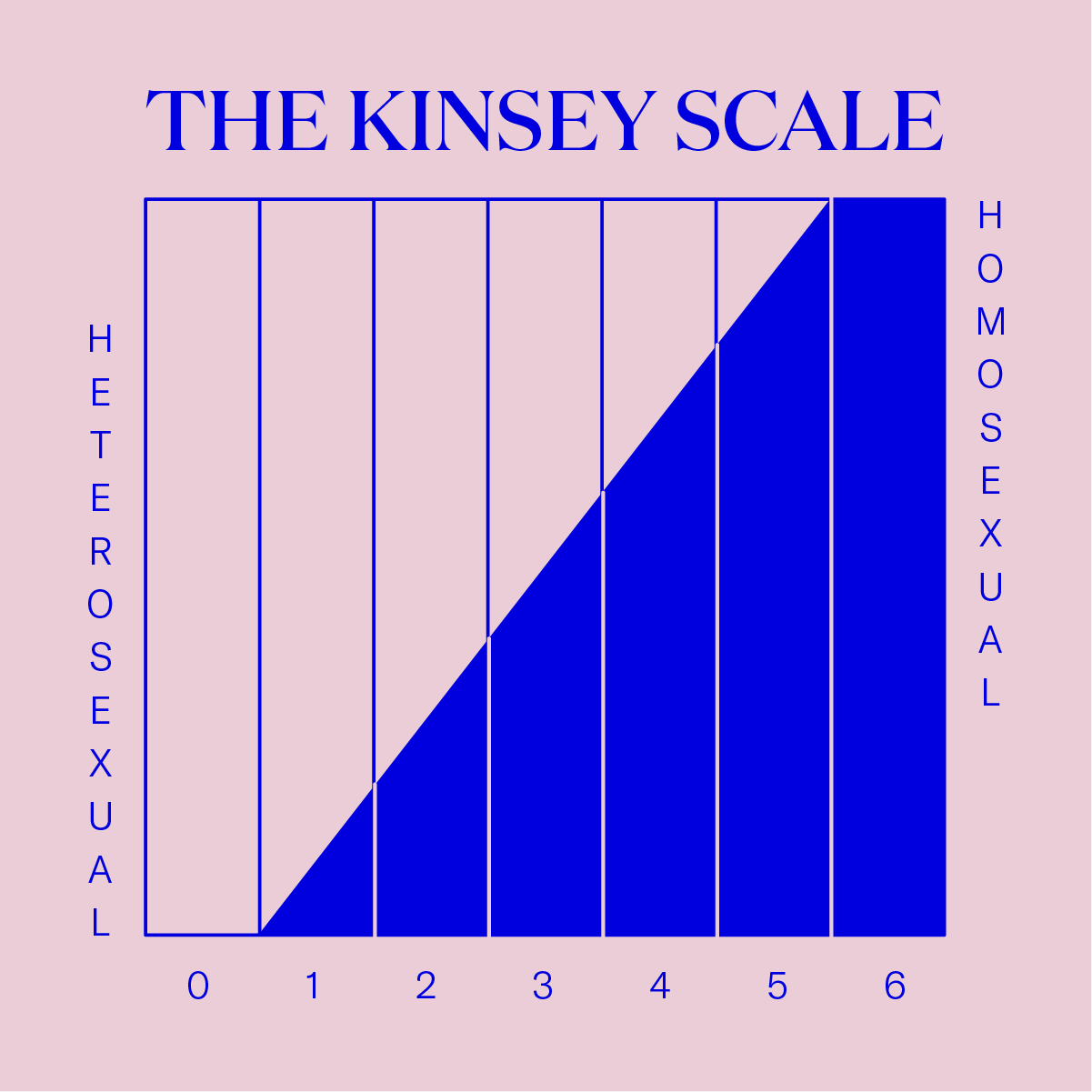
Dr. Kinsey proposed the idea that everyone can experience some level of homosexuality by creating the Kinsey Scale. The scale includes values ranging from 0 to 6, with 3 indicating an equal level of attraction to both sexes and 5 indicating a predominantly homosexual attraction with occasional heterosexual attraction. Dr. William Yarber, a Senior Scientist at the Kinsey Institute, notes that Dr. Kinsey found sexual attraction to be fluid and subject to change over time.
Dr. Kinsey proposed the idea that everyone can experience some level of homosexuality by creating the Kinsey Scale. The scale includes values ranging from 0 to 6, with 3 indicating an equal level of attraction to both sexes and 5 indicating a predominantly homosexual attraction with occasional heterosexual attraction. Dr. William Yarber, a Senior Scientist at the Kinsey Institute, notes that Dr. Kinsey found sexual attraction to be fluid and subject to change over time.
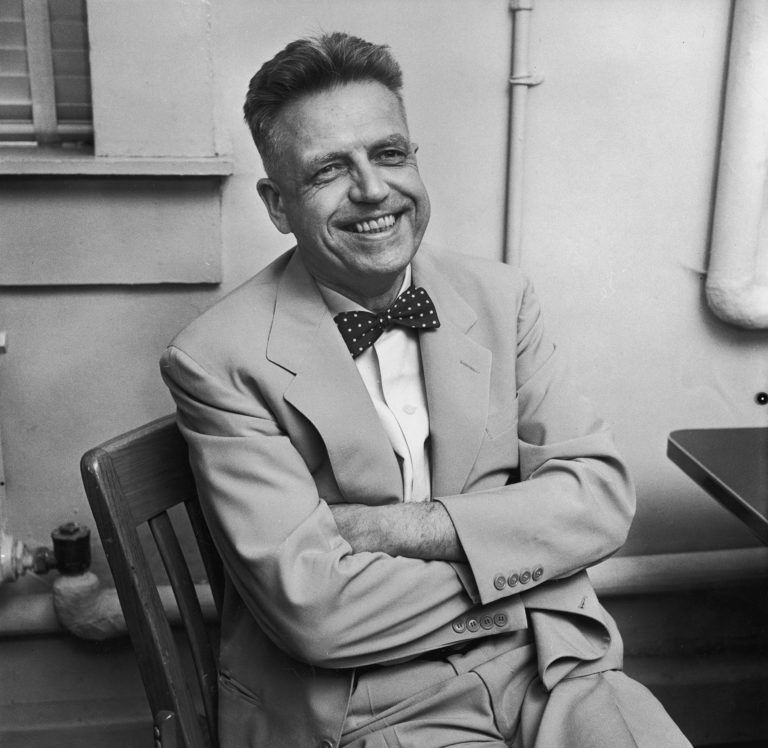
Dr. Alfred Charles Kinsey was a renowned biologist, professor, and sexologist who conducted groundbreaking research on human sexuality. His work, which led to the widely influential Kinsey Reports and Kinsey scale, played a significant role in changing public attitudes towards sex and sexuality and paved the way for future generations of sex researchers.
Dr. Alfred Charles Kinsey was a renowned biologist, professor, and sexologist who conducted groundbreaking research on human sexuality. His work, which led to the widely influential Kinsey Reports and Kinsey scale, played a significant role in changing public attitudes towards sex and sexuality and paved the way for future generations of sex researchers.
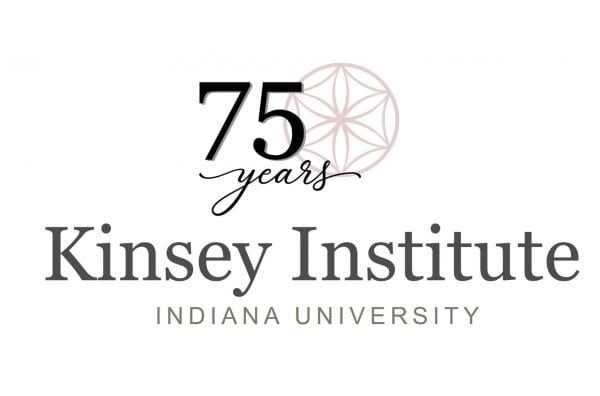
Today, The Kinsey Institute provides sexual education and research materials for those interested in studying human sexuality.
Today, The Kinsey Institute provides sexual education and research materials for those interested in studying human sexuality.
“I could be macho and still paint my nails”.
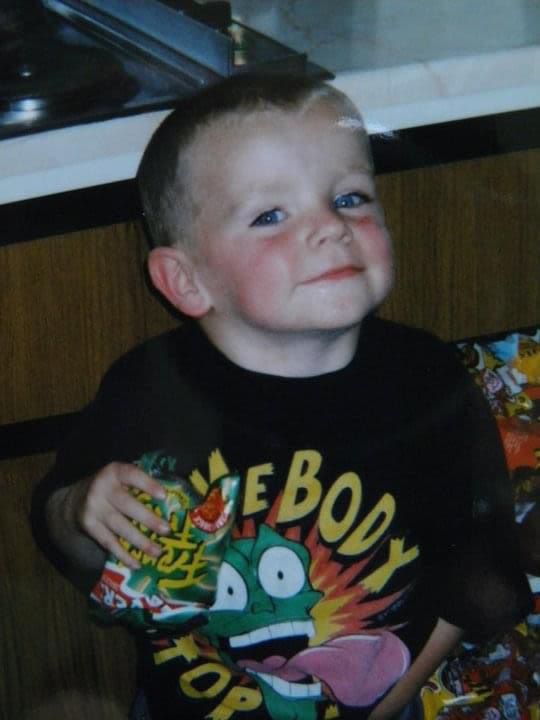
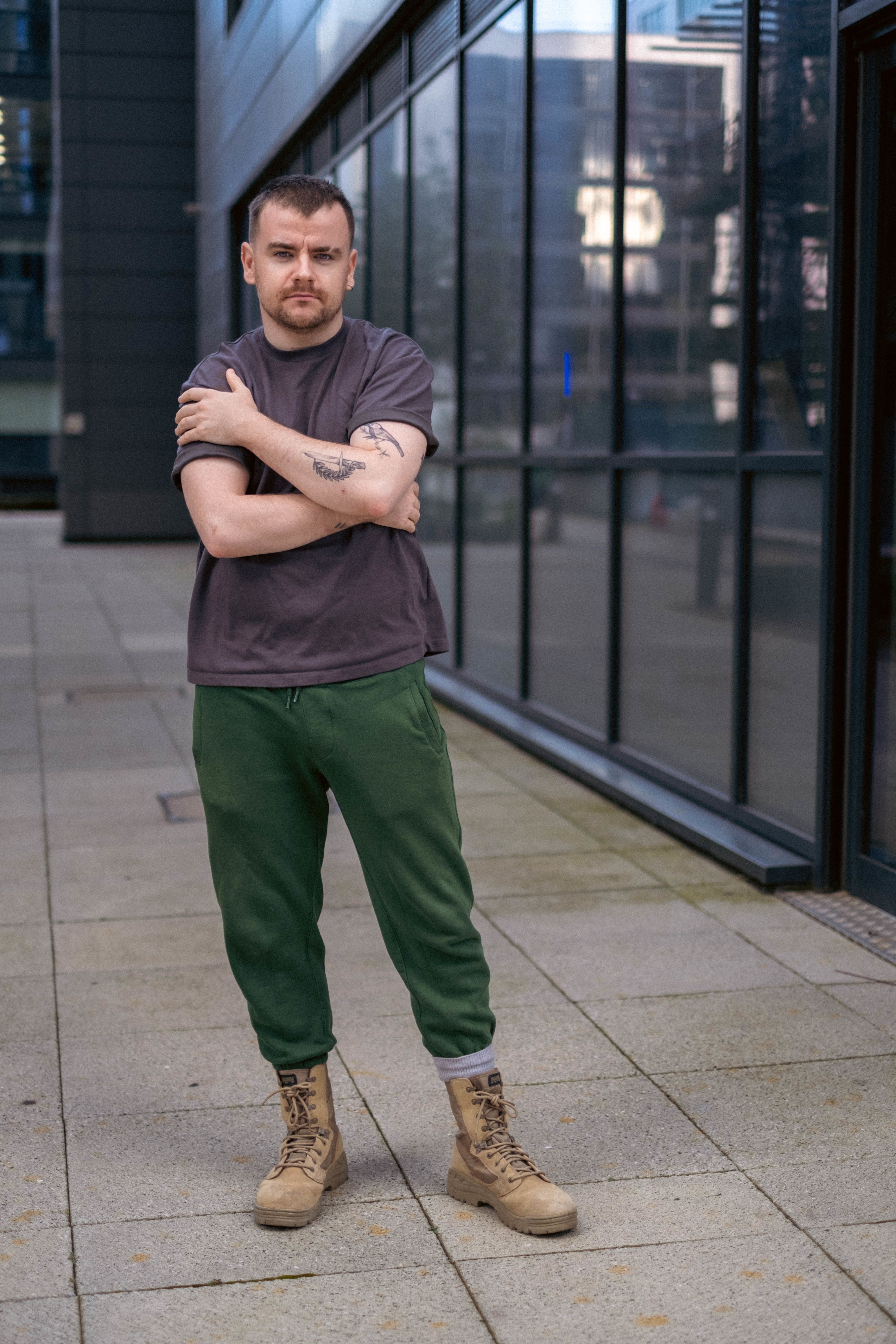
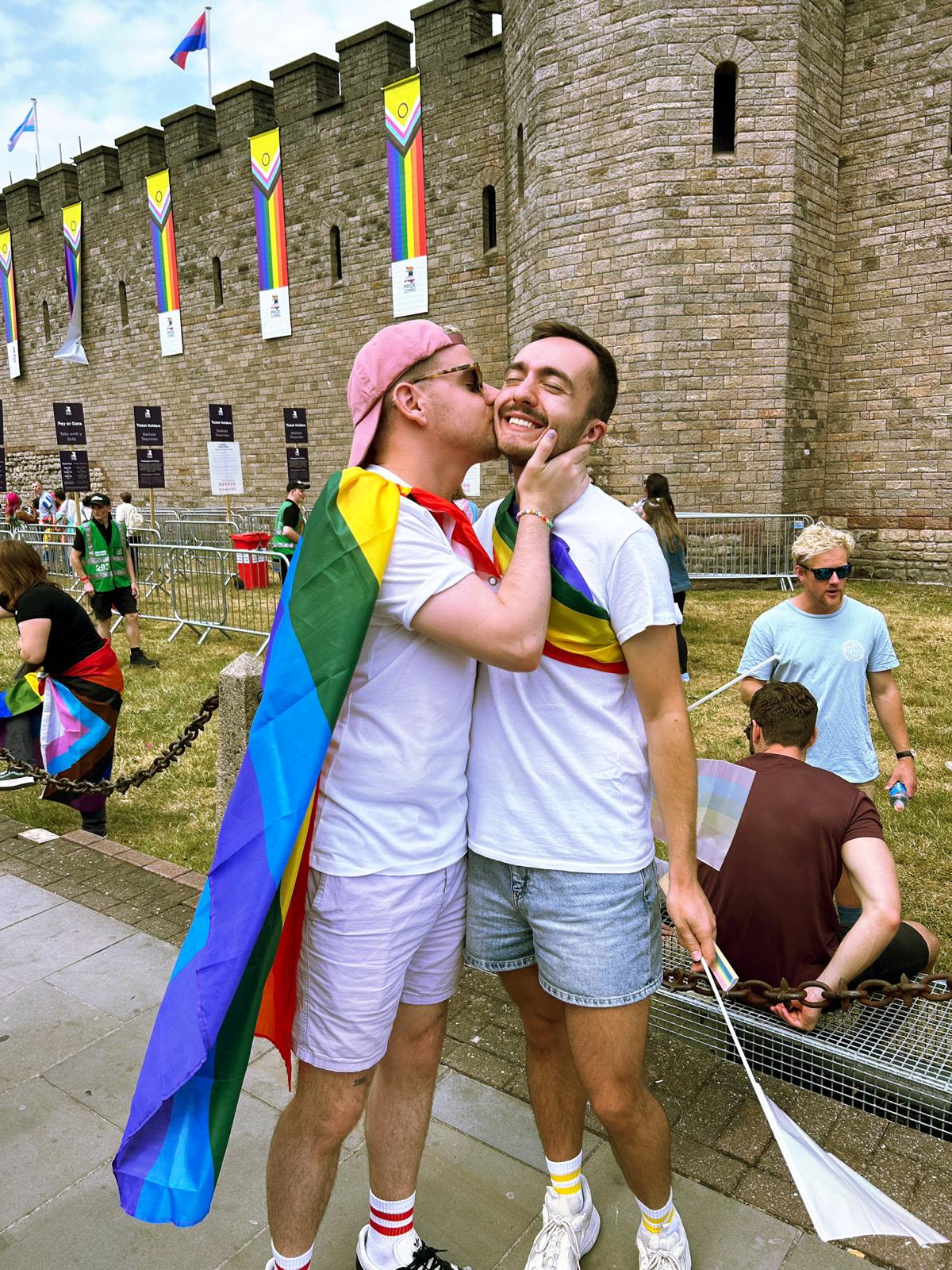
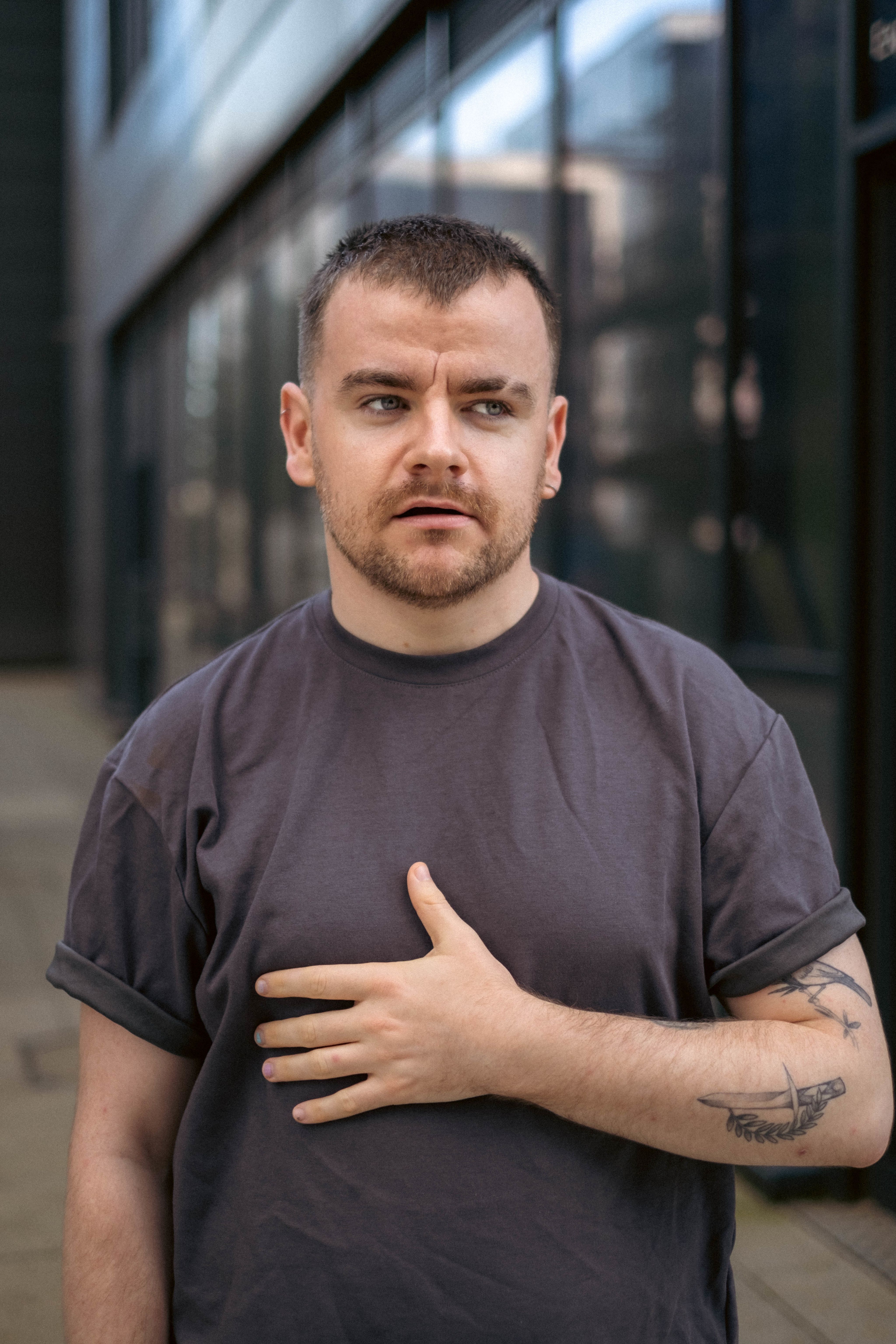
"I can't watch shows like 'Heartstopper'. It was so painful for me to watch it because I felt so robbed of that experience."
Aled is a gay man who is based in Cardiff and is from North Wales.
Aled noticed a difference in himself from a young age. When he was a teenager, he had a crush on a guy but felt unable to explore those feelings, similar to what was depicted in the Netflix series "Heartstopper." He felt frustrated with himself and his family. Through therapy, he has realised that neither he nor his family are at fault. He did not have the opportunity to explore his feelings, and his family did not have the necessary tools or environment, as the character played by Olivia Coleman in the Netflix hit show.
Aled struggled with his identity for a long time. As a child, he enjoyed typical "manly" activities like football, but growing up with three sisters exposed him to more traditionally feminine hobbies. One of his favourites was watching America's Next Top Model, although he felt he shouldn't like it. Despite these conflicting interests, Aled eventually realised that it's possible to enjoy both masculine and feminine things. In his early twenties, he became enamoured with YouTubers like Casey Neistat, and he tended to emulate people he looked up to. It took time, but Aled eventually figured out who he was as an individual.
Aled has been in therapy for years and has been able to work through his identity issues. He has learned to express himself differently, including macho and painting his nails. In his opinion, the personal choices of painting one's nails, using particular pronouns, or dressing in a specific way should not be subject to the scrutiny of others. He firmly believes that self-expression is a fundamental human right and does not cause any harm to anyone. Therefore, it should not be a matter of concern for anyone else.
Aled said he would say nothing to his younger self. "I am proud of the scars I have, literally and figuratively". He mentioned that if he were to encounter his younger self, he would steer clear of him because he believes going through the same experiences he has gone through has made him stronger. Lately, he has been feeling more joyful and satisfied with his life as he has come to terms with his past scars.
“The Church has always been an advocate for human beings. Treating everyone with respect and love. They have made tremendous strides to remind their followers that you should love and support someone for who they are, their differences and all. But they still stand firmly with the idea that marriage is between a man and a woman only.”
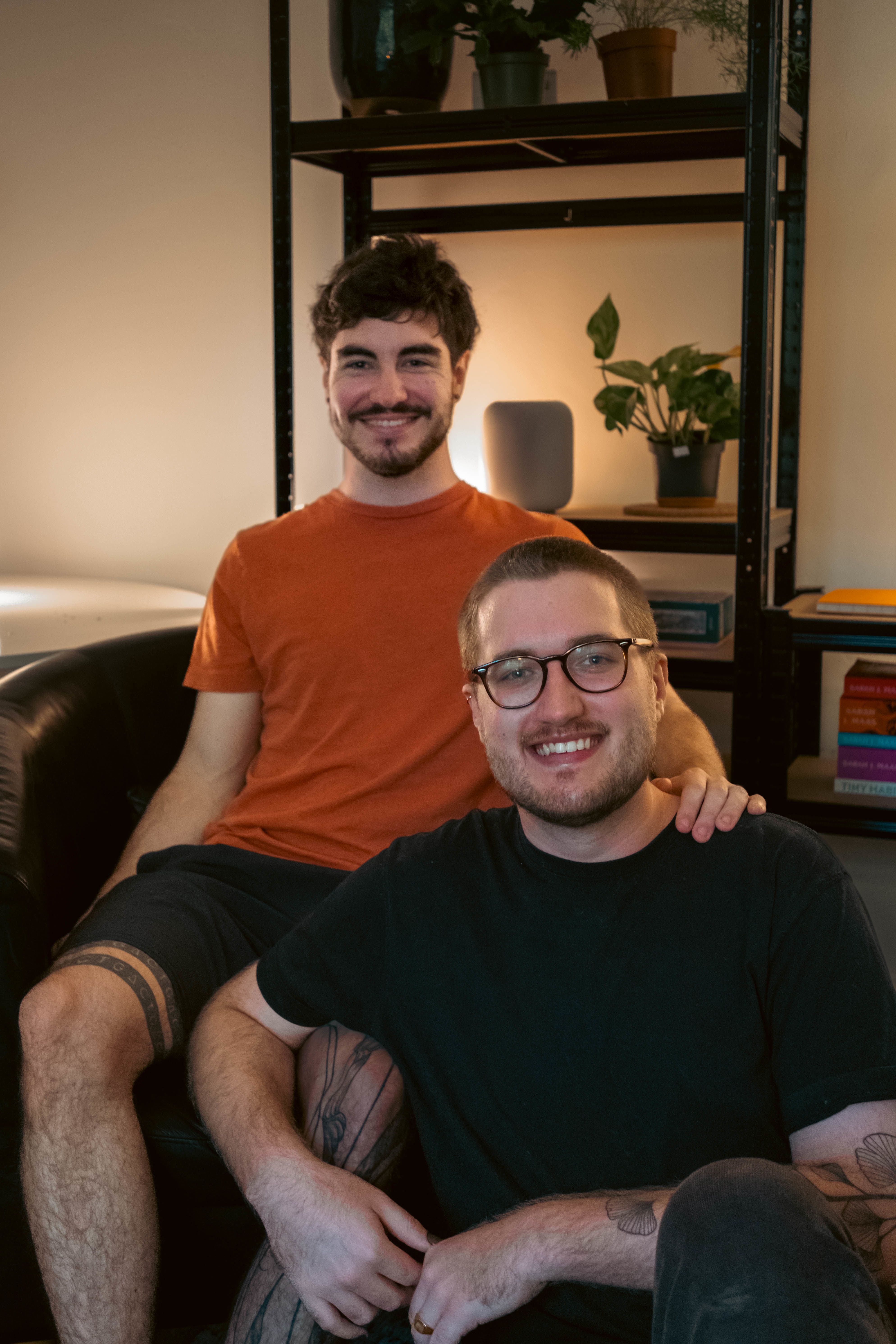
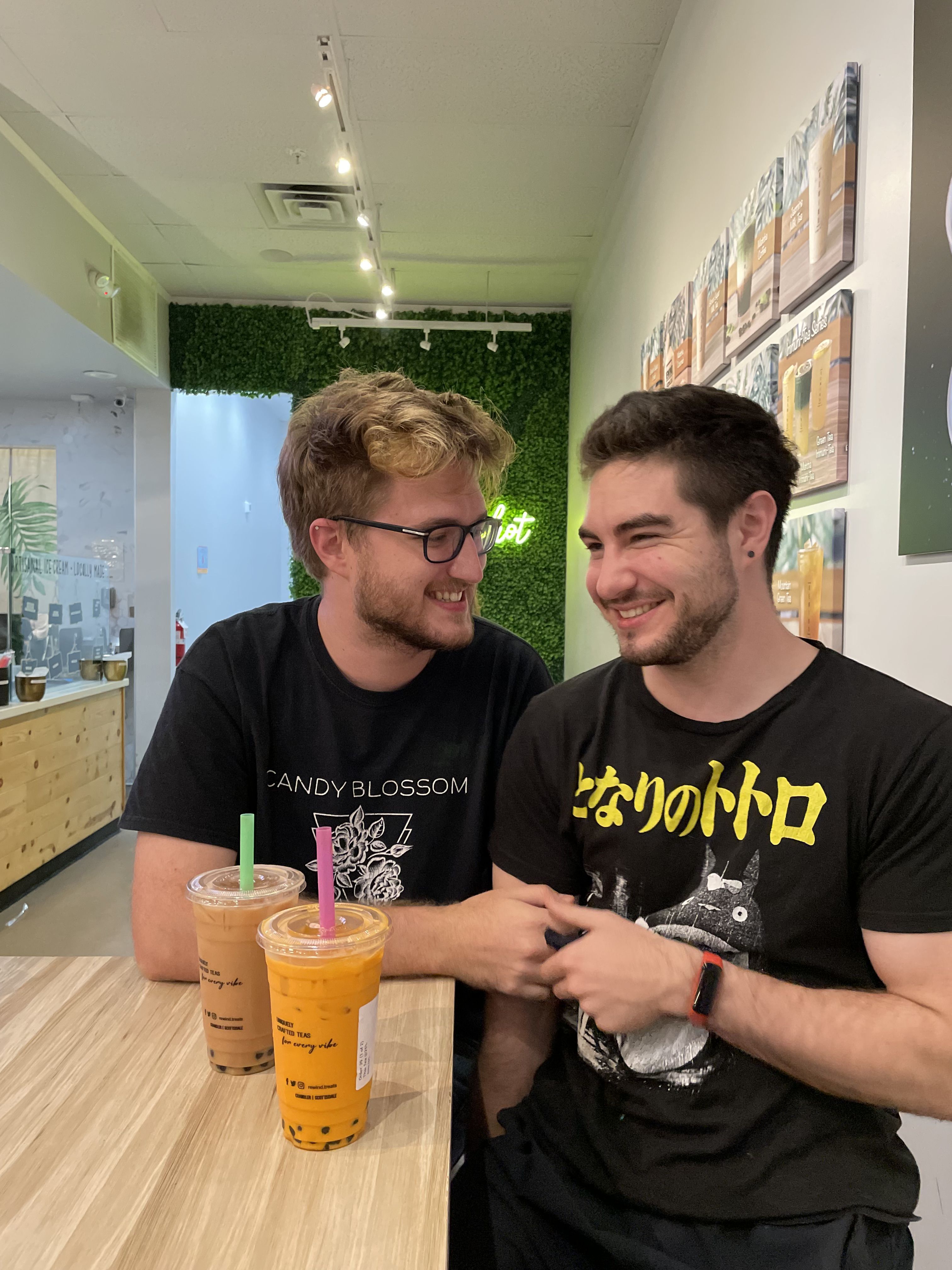
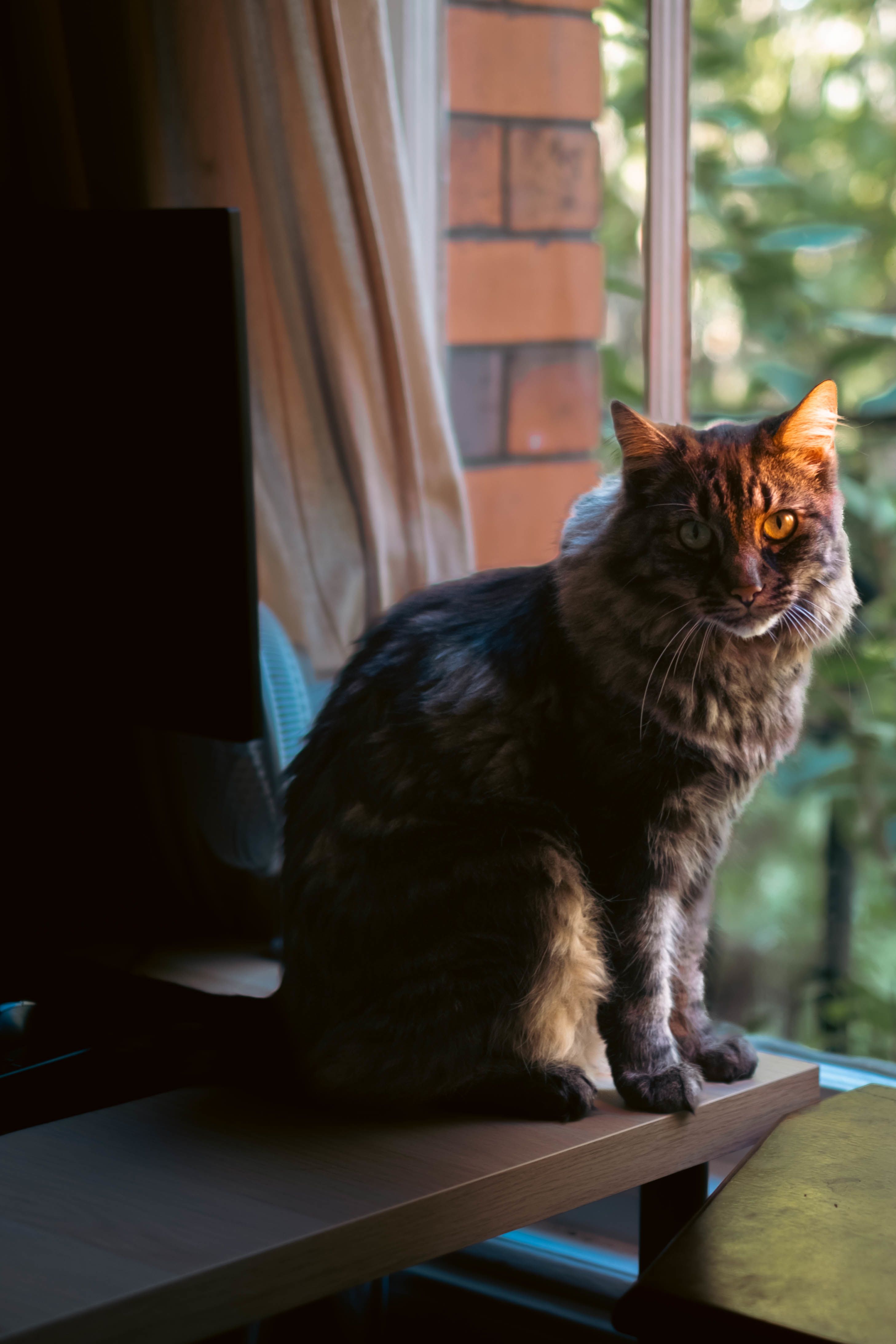
Marco (9) is John's Cat. The couple's other cat, Phoebe (2), was hiding from me due to her social anxiety. Both felines relocated with their fathers from Arizona.
Marco (9) is John's Cat. The couple's other cat, Phoebe (2), was hiding from me due to her social anxiety. Both felines relocated with their fathers from Arizona.
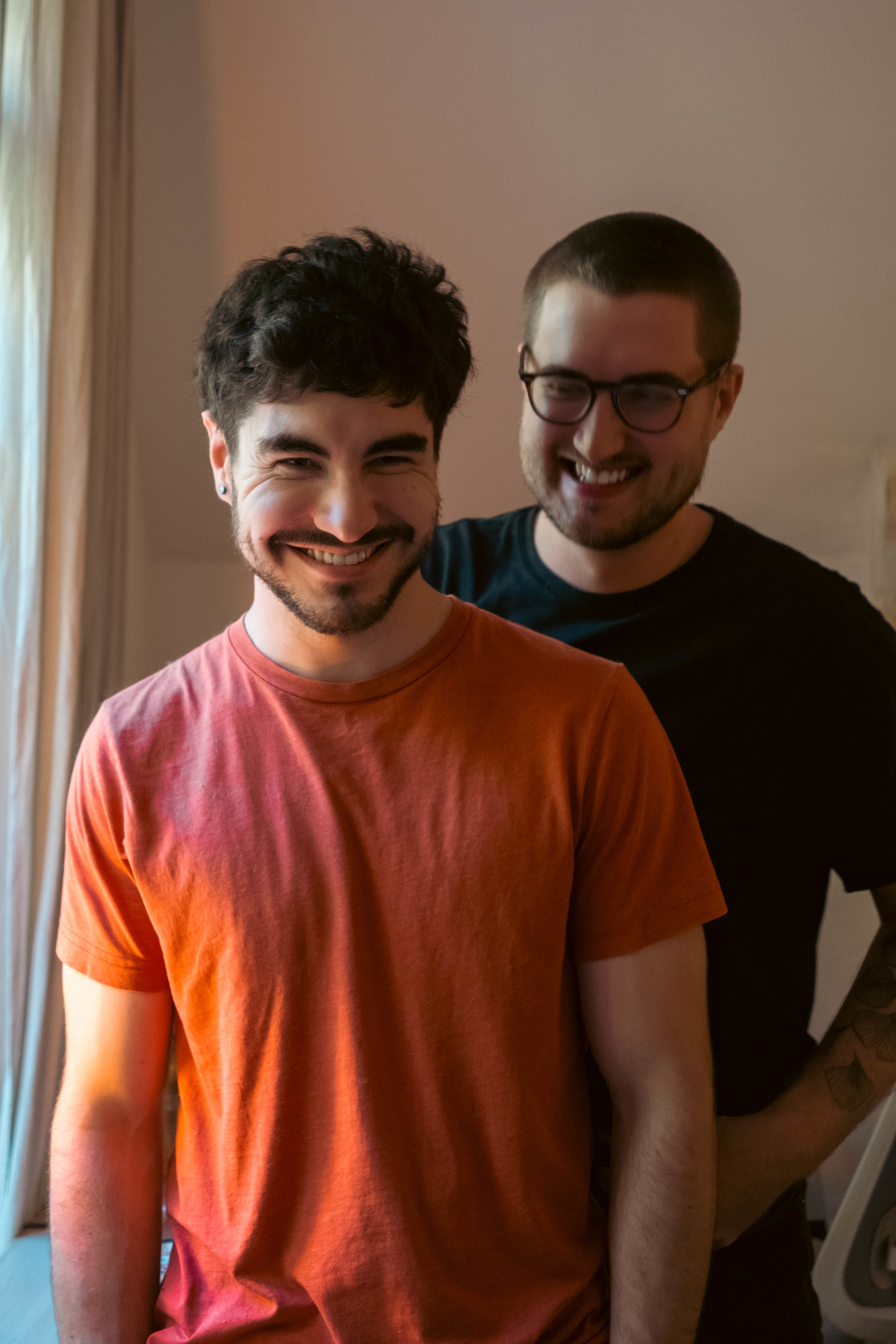
“I didn’t want to get shot”, said John when asked why he and his husband, Blake, moved to the UK.
John and Blake are from the state of Arizona in the United States of America. They moved to Cardiff a year ago.
John grew up Christian, where he went to Church most Sundays. During his teens, he discovered that he was attracted to men and started questioning his own faith and belief in everything around him.
Blake grew up in the Church of Latter-Day Saints (many are familiar with the term Mormon, which is no longer the official term). He grew up with an understanding that the way he is, how he is wired, and his same-sex attraction are inherently wrong and that it is something to be ashamed of. That it is something that needs to be managed and fixed.
One of the biggest reasons why the couple moved was to get away from the polarising politics and the frequent shootings. “We are not happy those things are happening, but we are grateful that we left when we left”. Fear was the couple’s biggest concern. The pair feel more comfortable and safe here in the UK.
The couple has a belief that people in the United Kingdom are generally more reserved than those in their home country. They feel uneasy about how individuals in the United States tend to speak their minds openly and without hesitation, which can sometimes feel like an attack. In contrast, people in the United Kingdom tend to keep their opinions to themselves without resorting to whispers, looks, or judgments based on someone's sexuality. However, the couple is uncertain about the true societal views in the United Kingdom, as people may be good at hiding them. Nonetheless, the couple's acquaintances in the United Kingdom are supportive and encouraging.
For Blake, acceptance implies that others don't view them as flawed. Rather than merely tolerating someone's identity, it's about recognising and genuinely believing that their identity is valid and that they deserve the same rights as anyone else in society. But it is hard to change someone's belief.
For John, if someone's identity and beliefs aren't affecting you, there's no reason not to accept them for who they are. “Your beliefs are for you alone… Whatever someone believes in, how they are presenting themselves, how they act, you should accept for who they are and be able to live their truth as it doesn’t affect anything in your life in any way. That should be a given…. Except for serial killers”.
The Marriage Section 1 in the Arizona state legislature website says:
"Only a union of one man and one woman shall be valid or recognised as a marriage in this state."
Same-sex couples in Arizona can legally marry, adopt, and engage in sexual activity. However, limited protections exist against discrimination based on sexual orientation and gender identity.

The Salt Lake Temple from Salt Lake City, Utah, USA.
The Salt Lake Temple from Salt Lake City, Utah, USA.
The Mormon and Gay website was launched by The Church of Jesus Christ of Latter-day Saints (LDS), in October 2016, which includes video commentary from LDS leader L Whitney Clayton. The website aims to reach out to church members who identify as gay, lesbian, bisexual or experience same-sex attraction. The message conveyed is that they are loved and welcomed and encouraged to participate in the congregations, called Mormon and Gay, featuring video commentary from LDS leader L Whitney Clayton, saying, “I now speak directly to church members who experience same-sex attraction or identify as gay, lesbian or bisexual. We want you to know we love you. You are welcome. We want you to be part of our congregations.”
However, according to LGBT advocates, this statement illustrates that there is still a long road ahead to eradicate discrimination.
Source: The Guardian
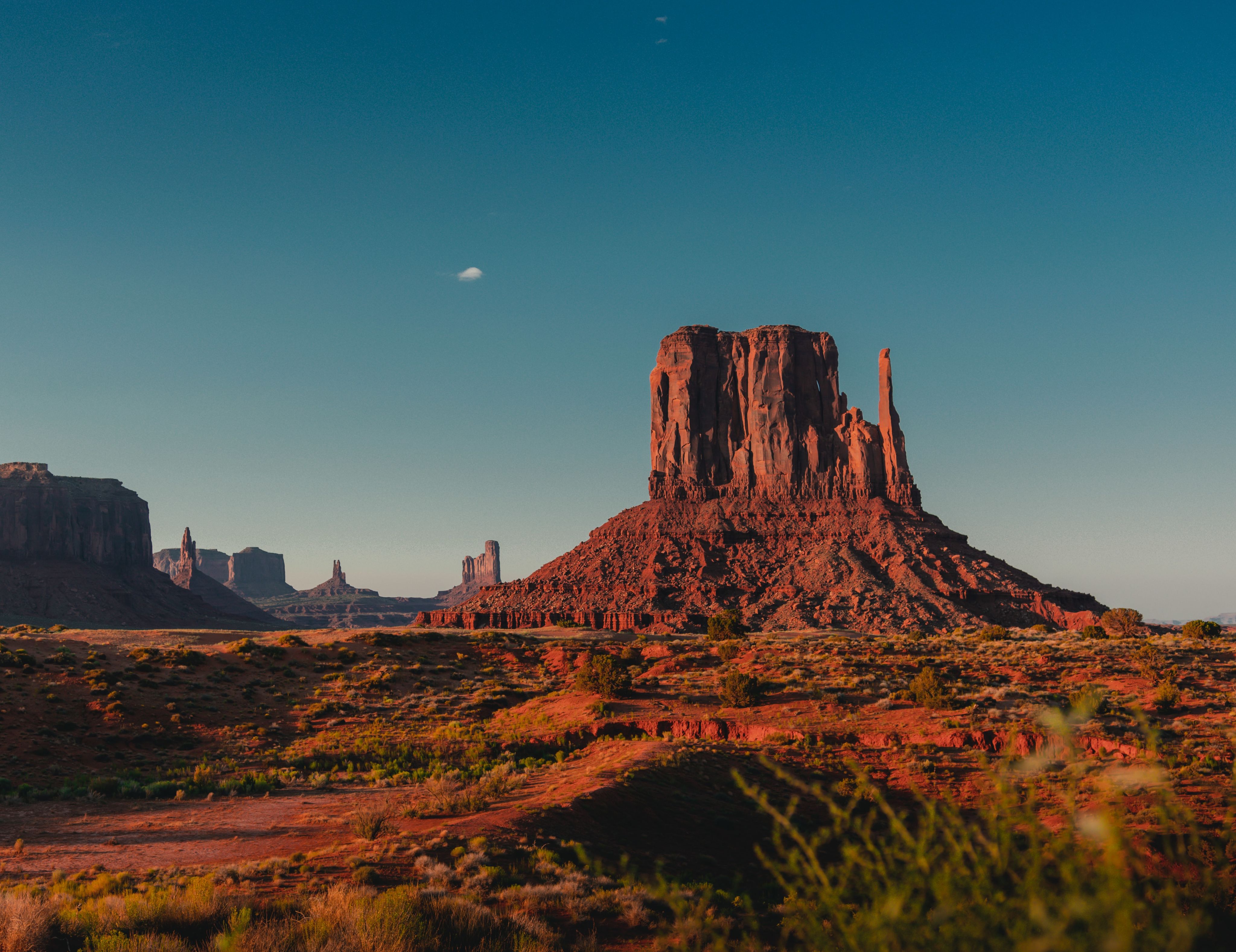
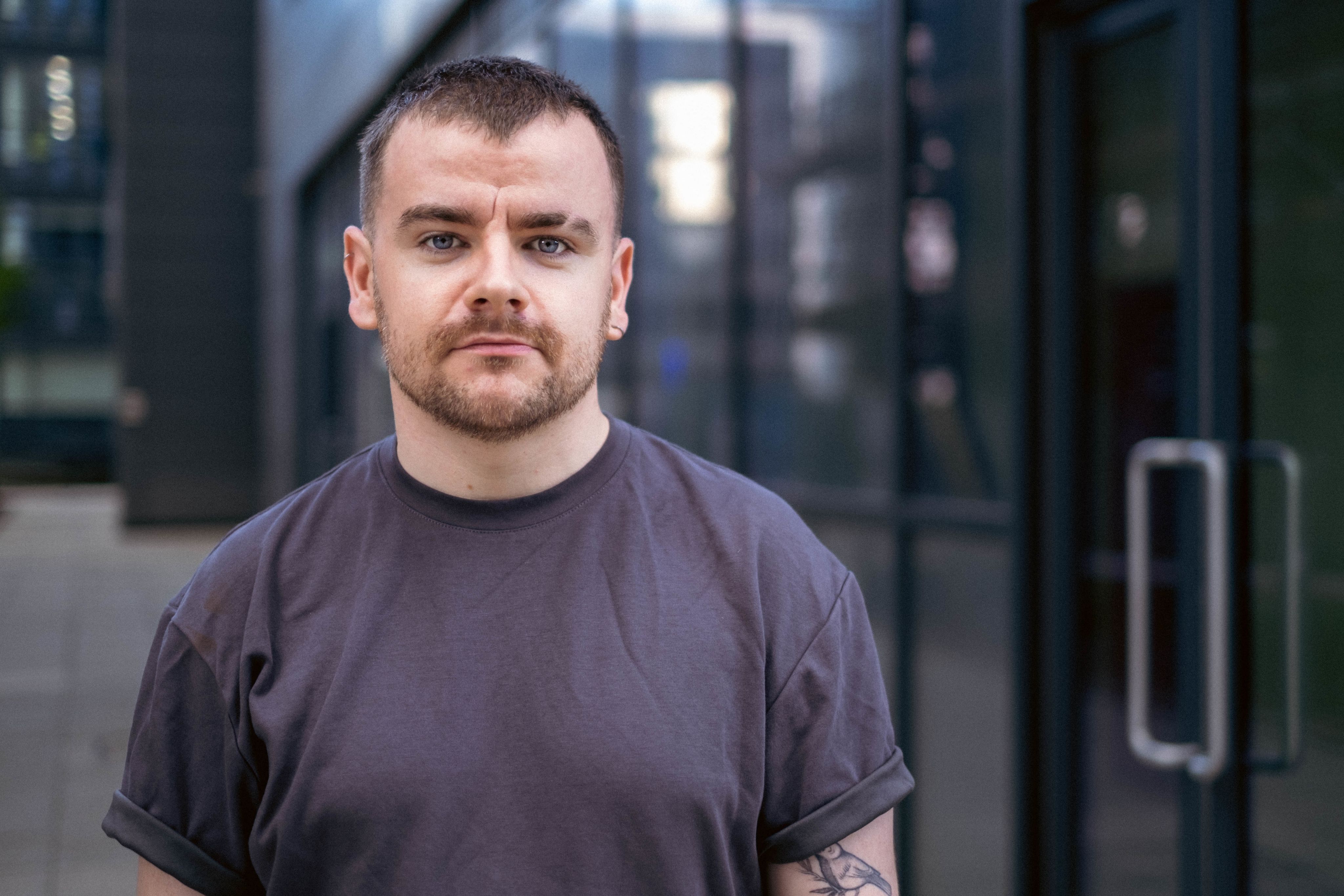
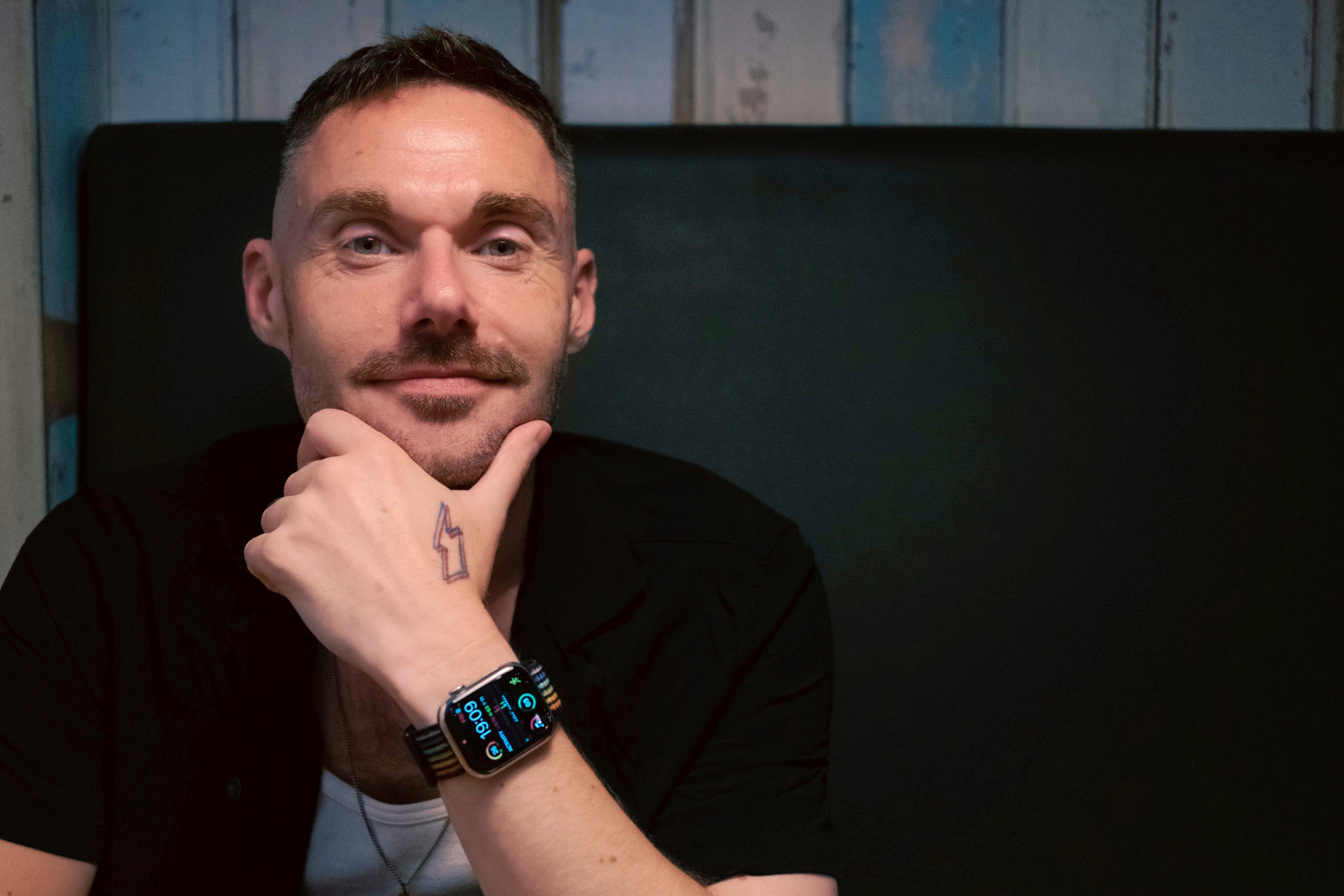
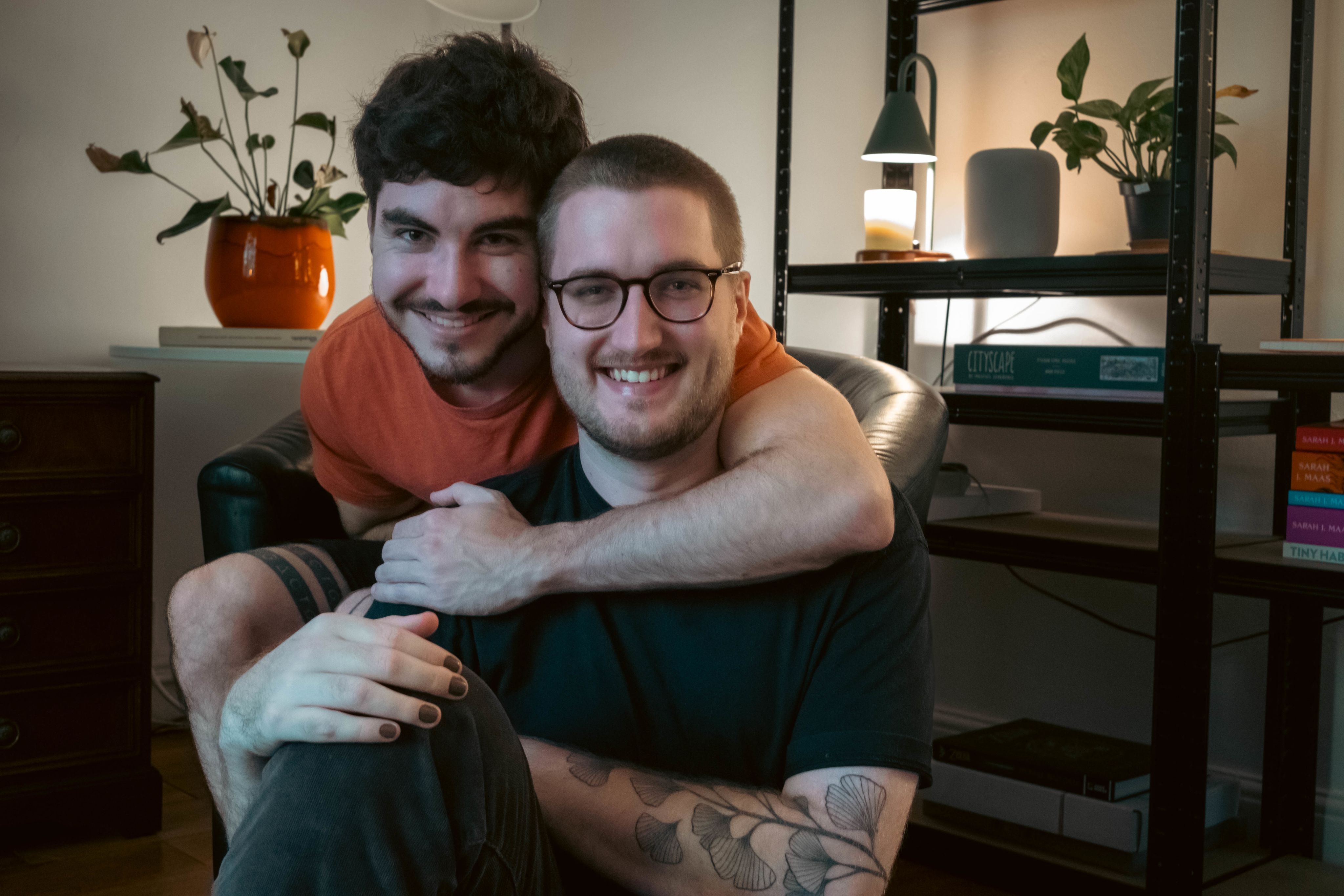





This audio sequence is a compilation of conversations I had with the individuals, stitched together.
